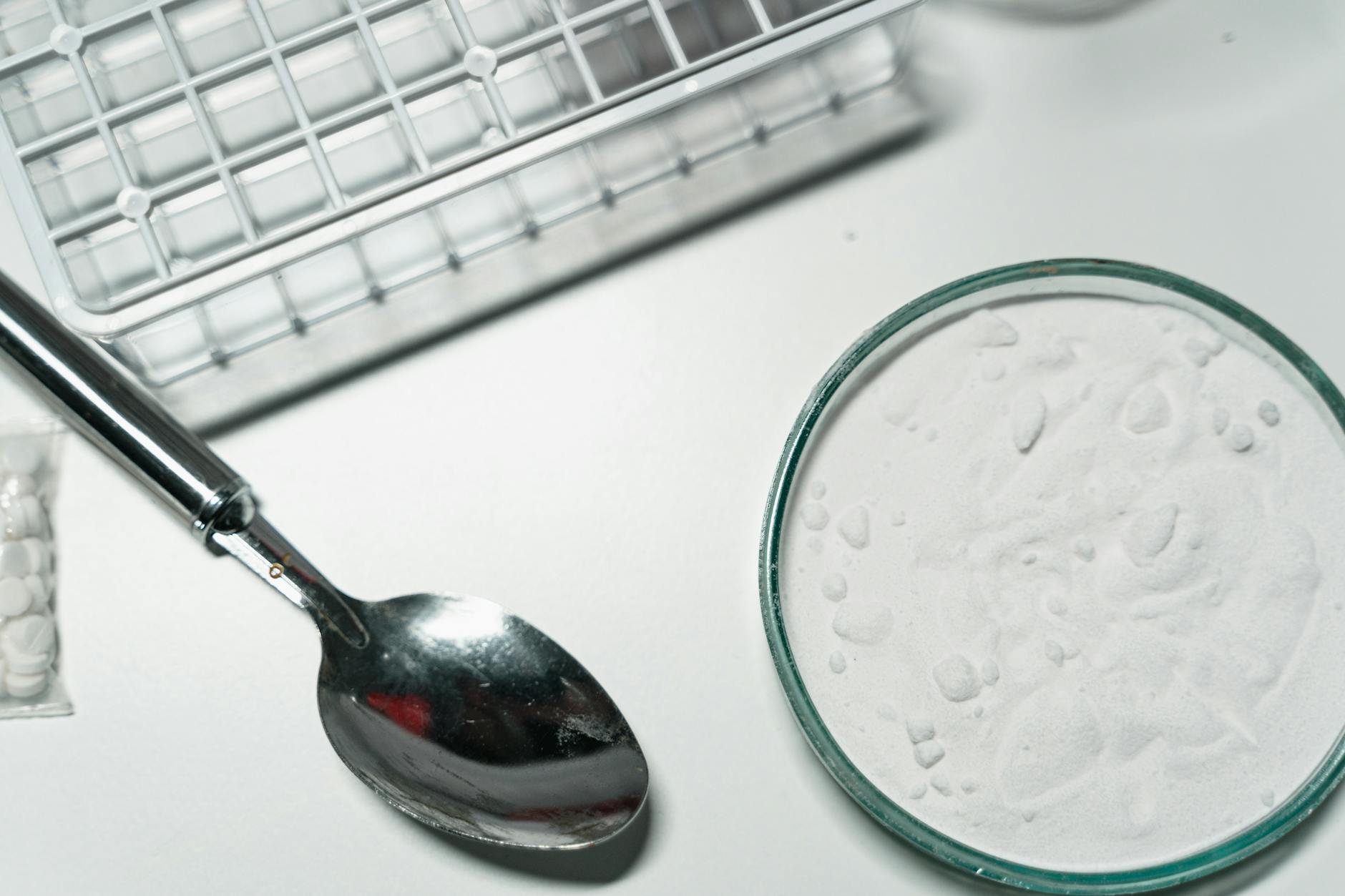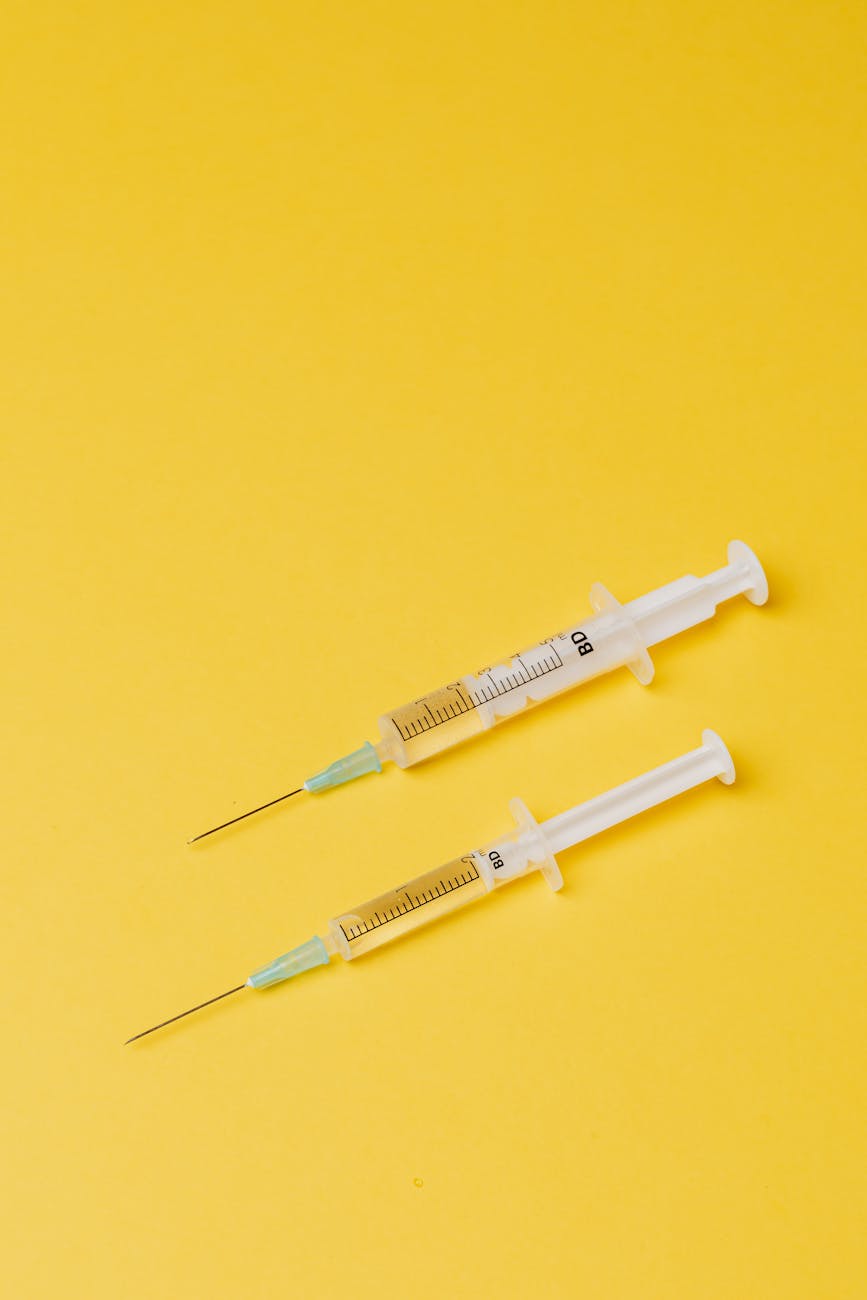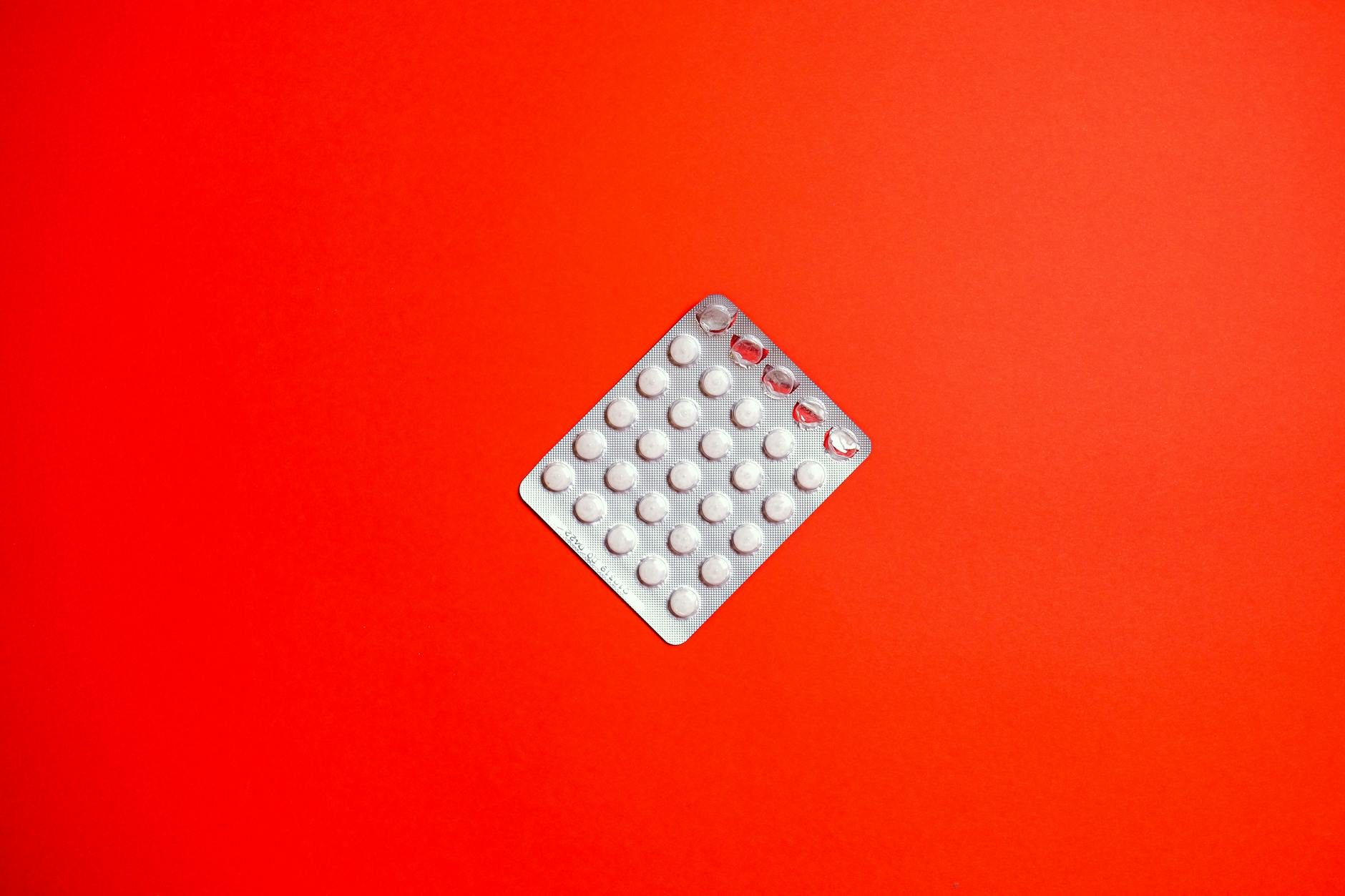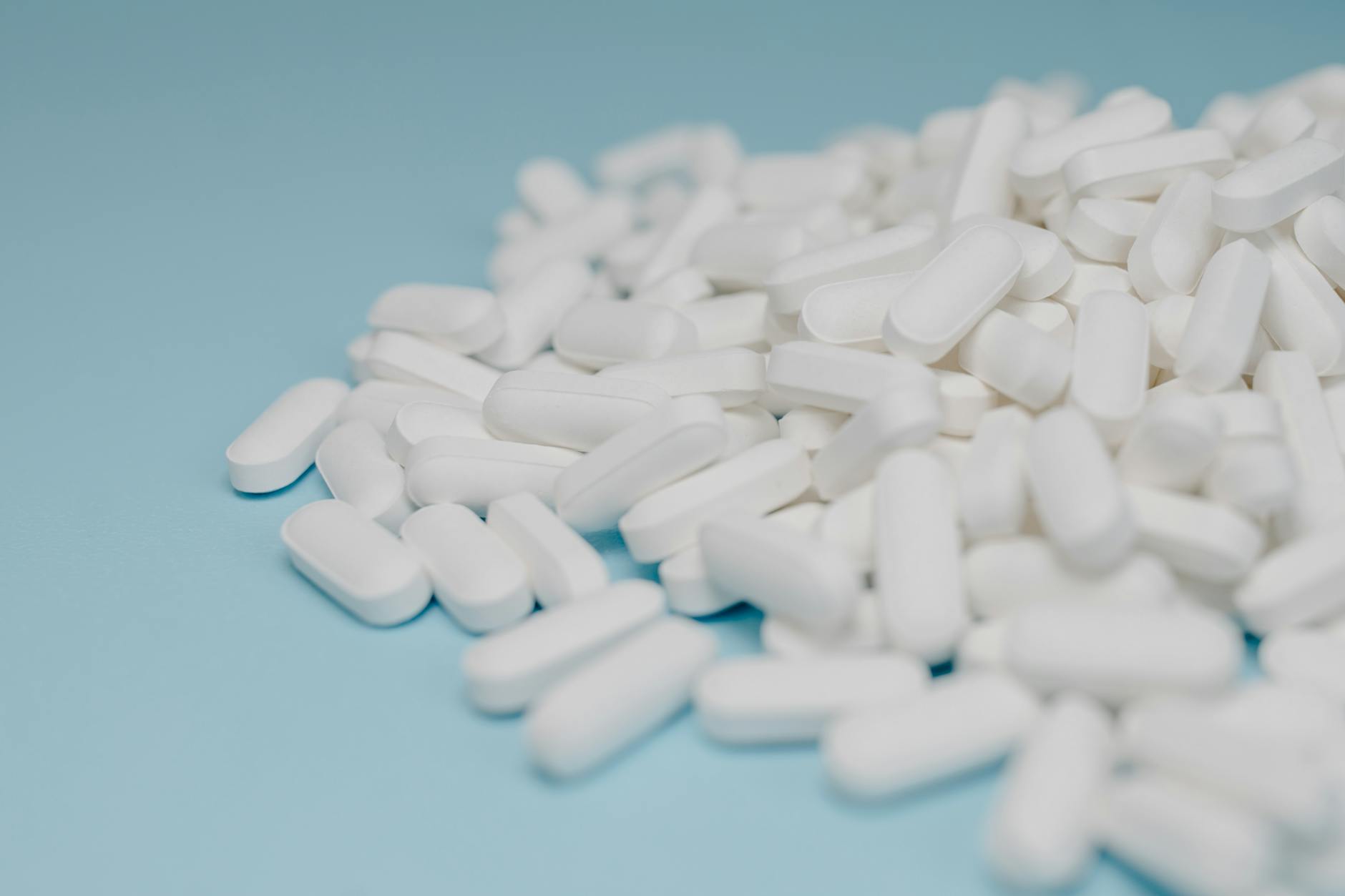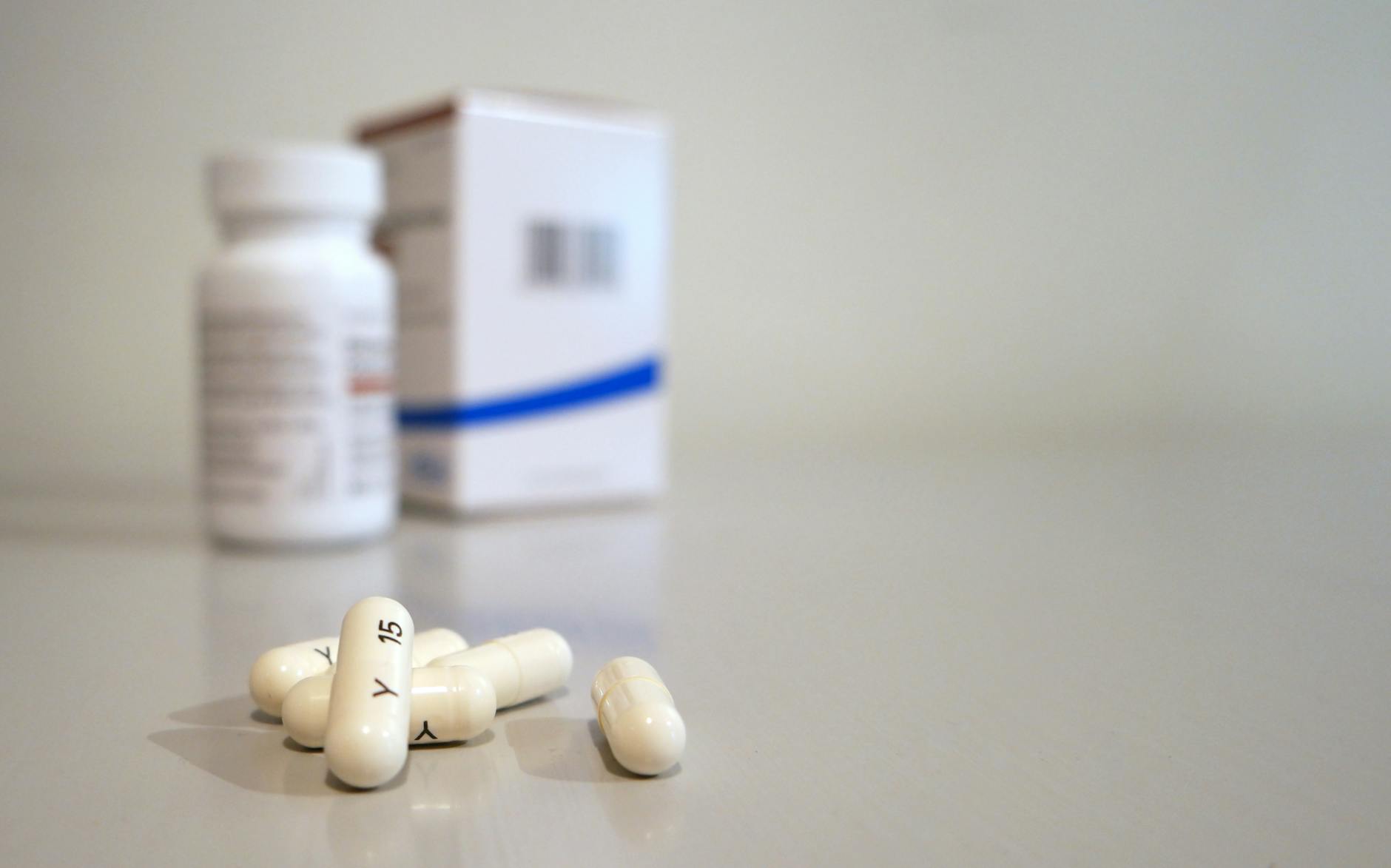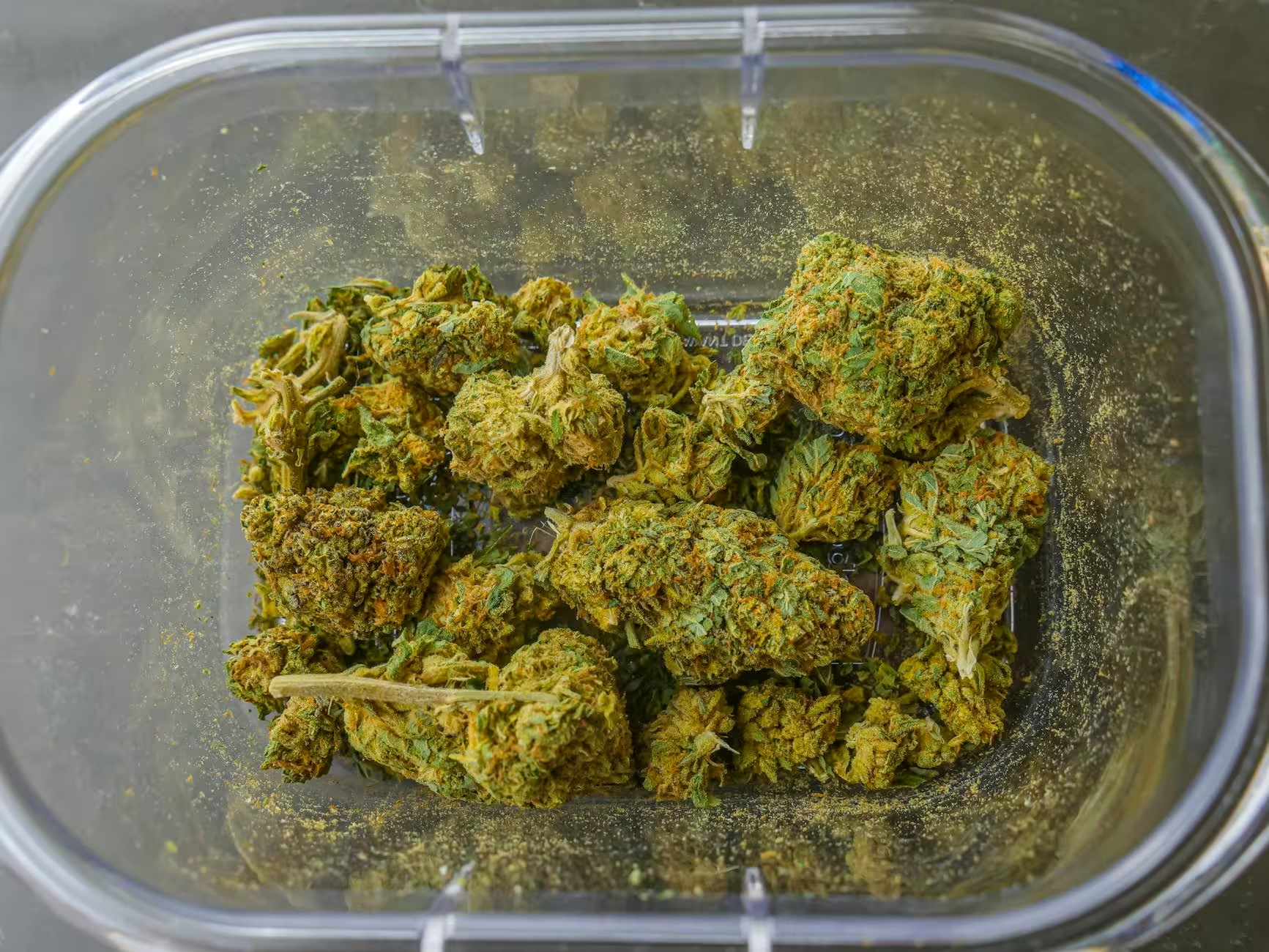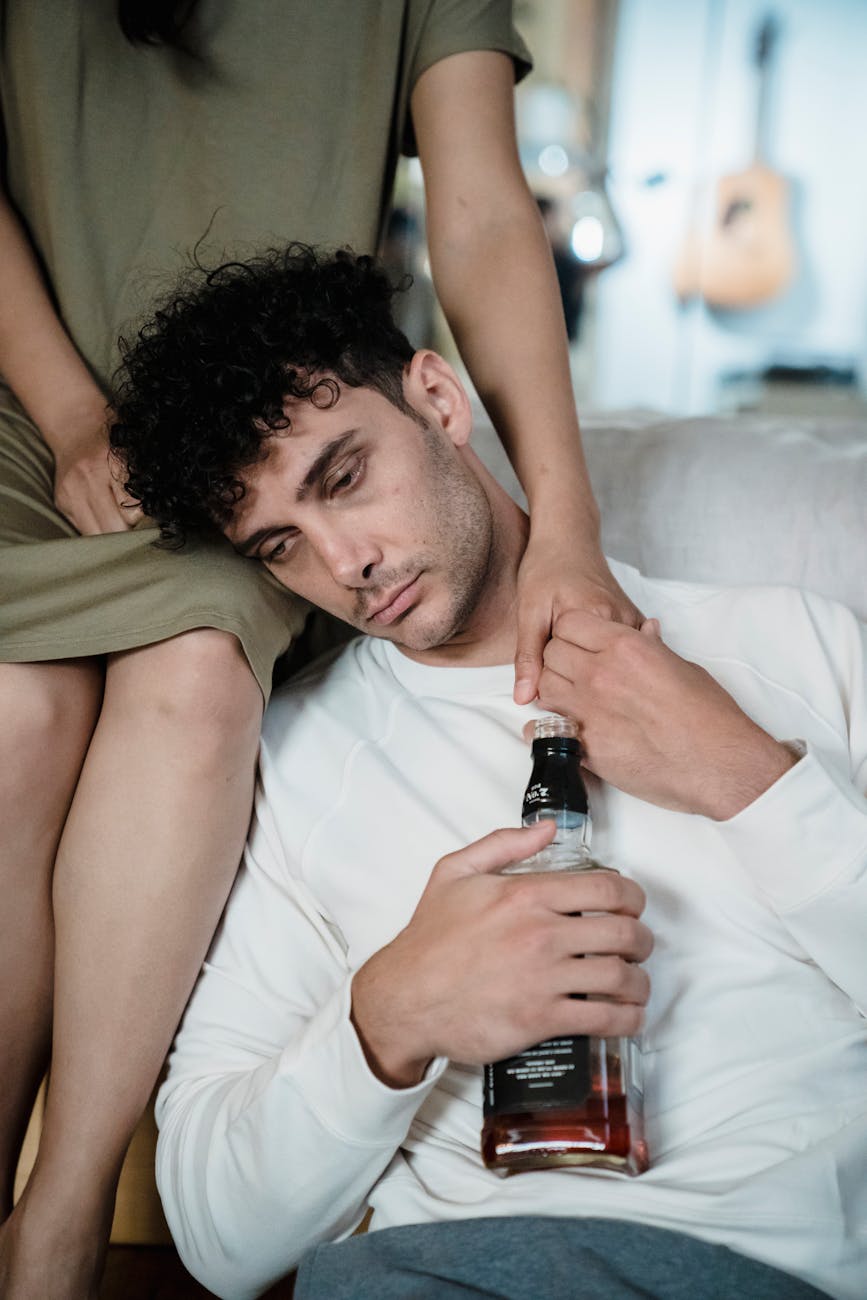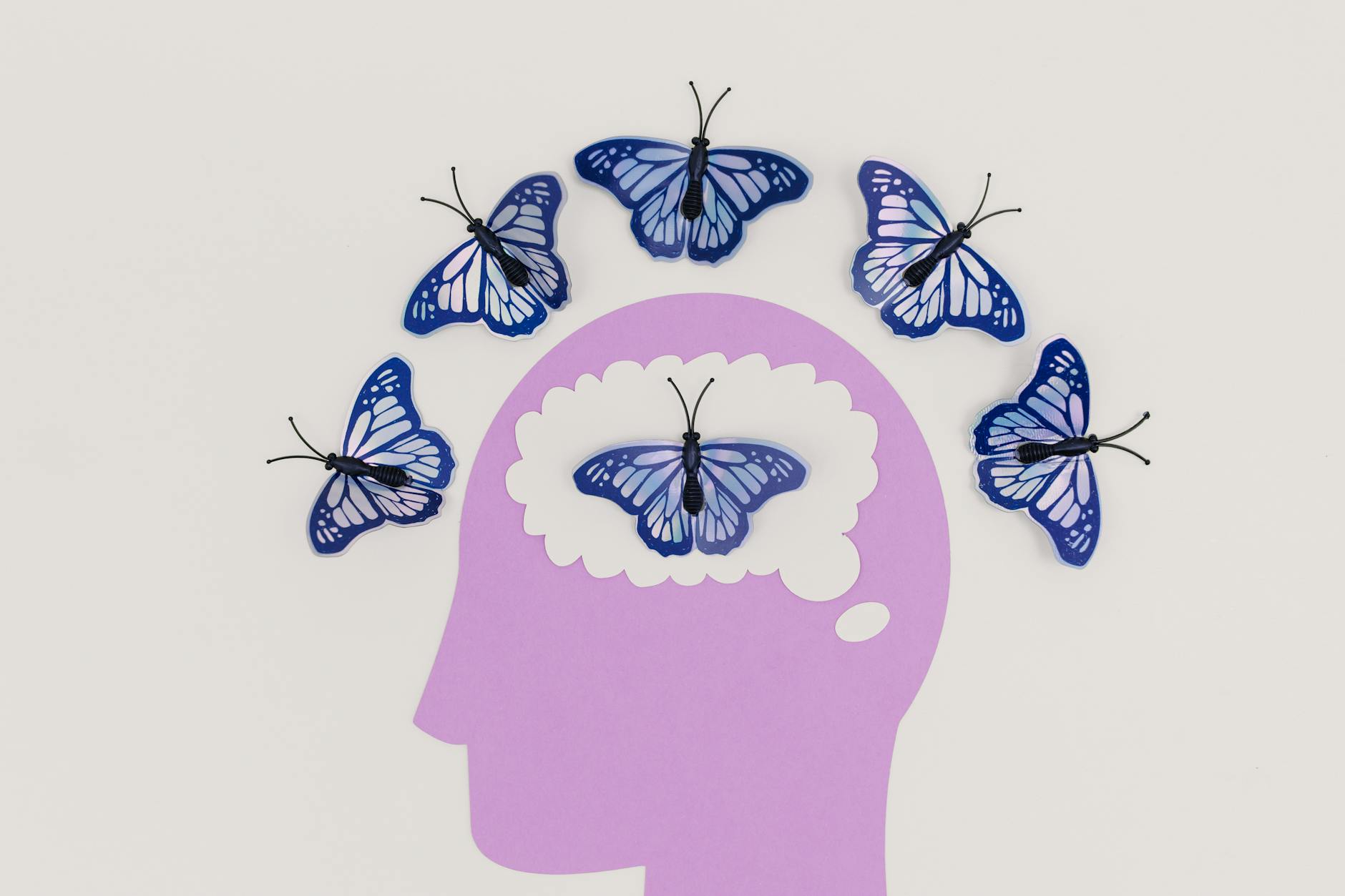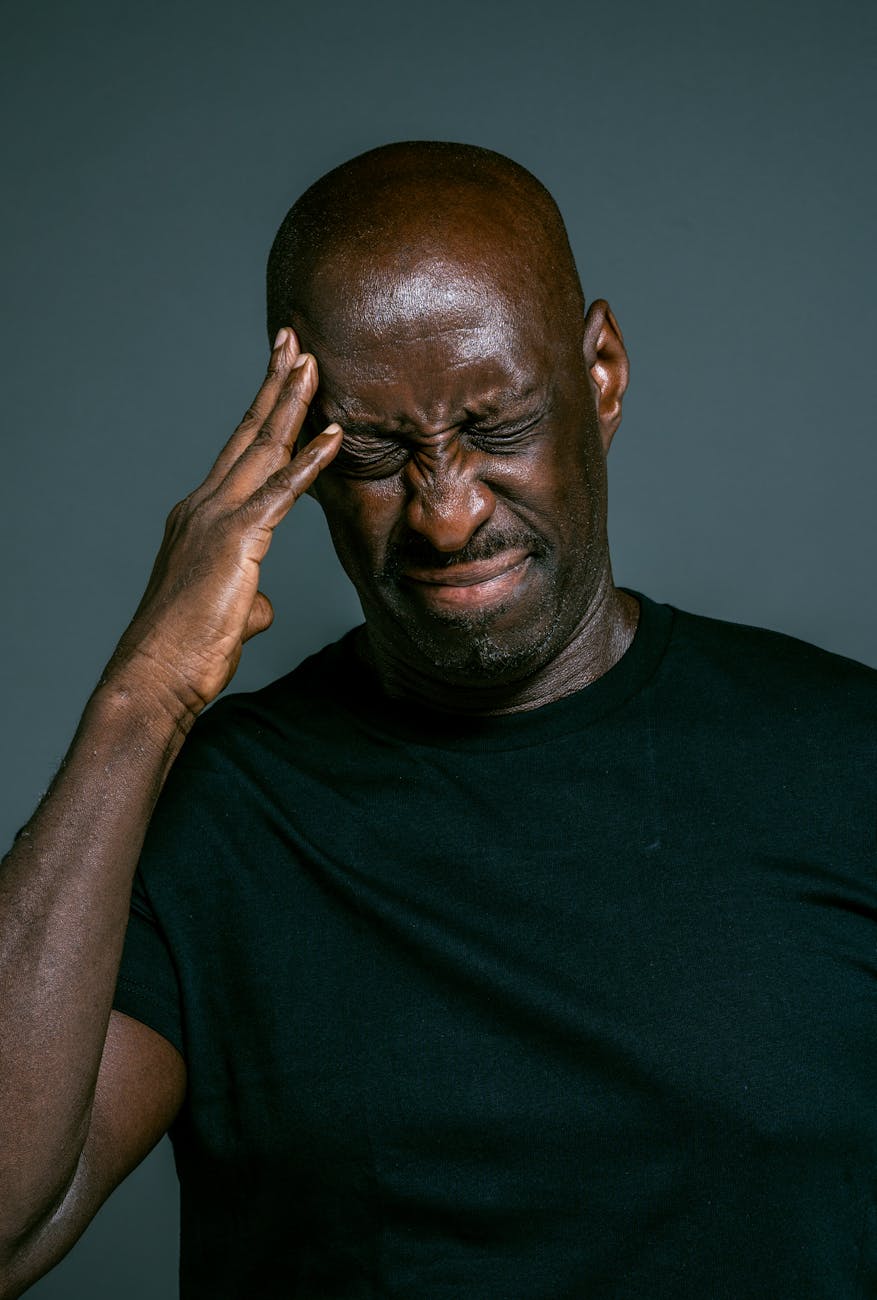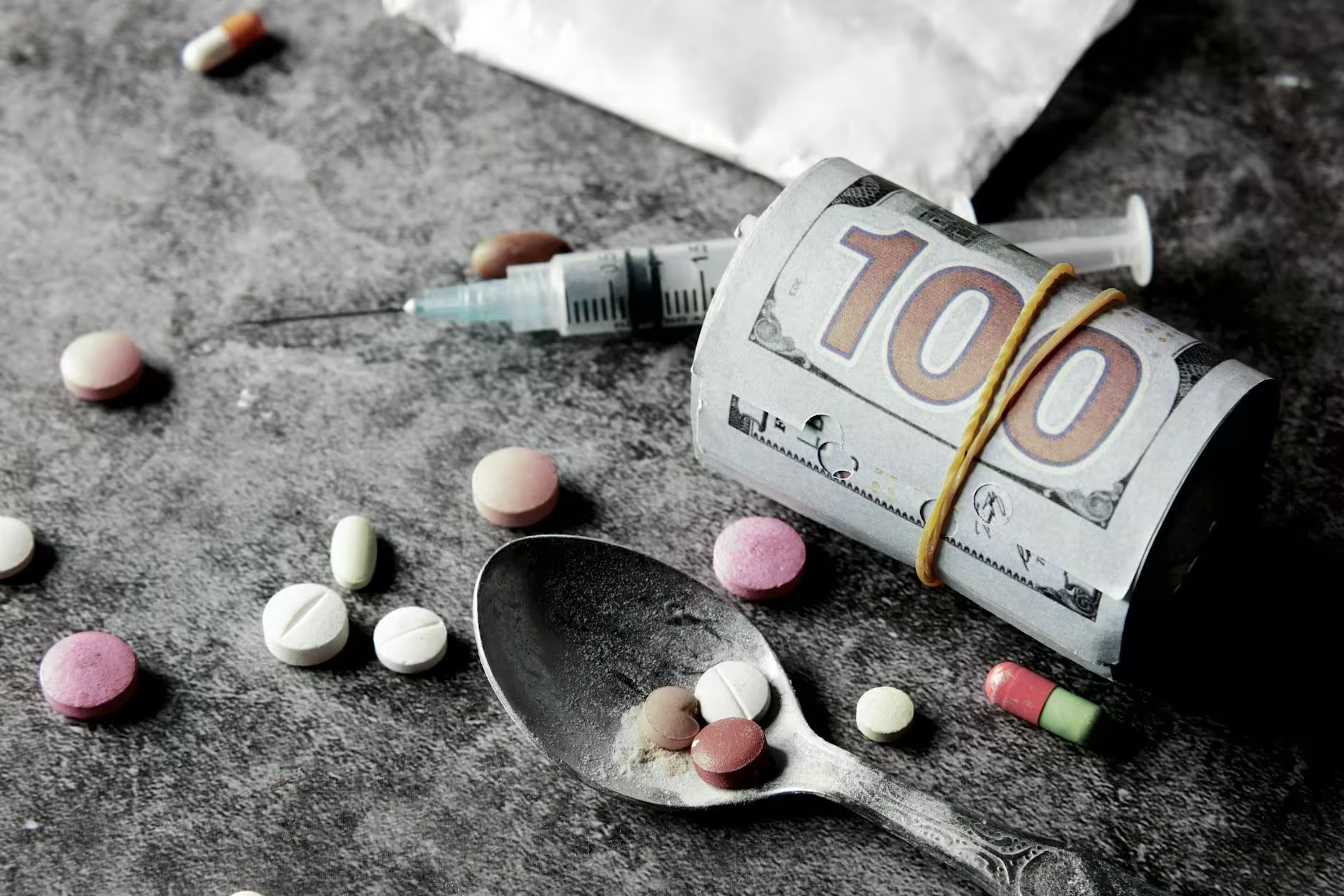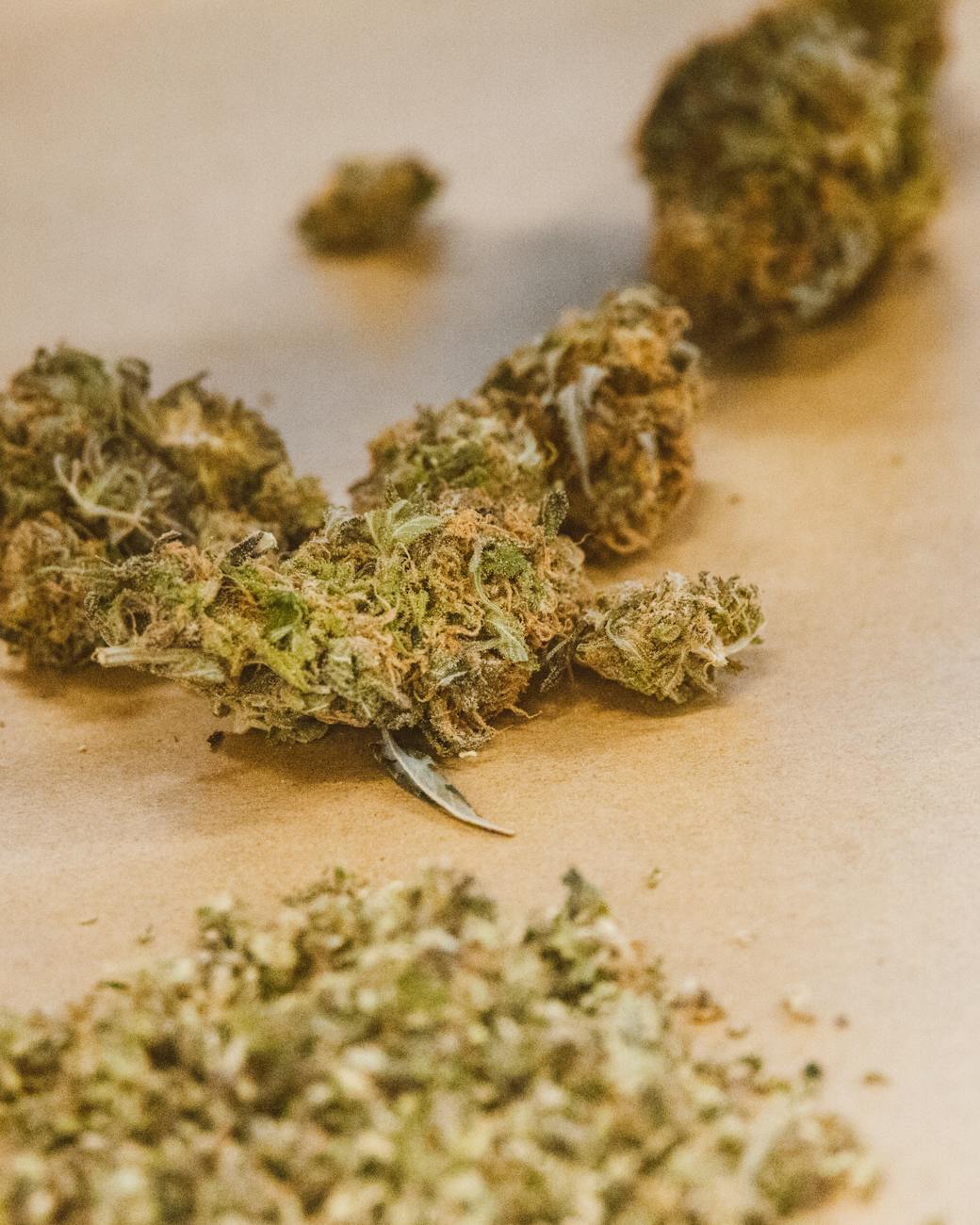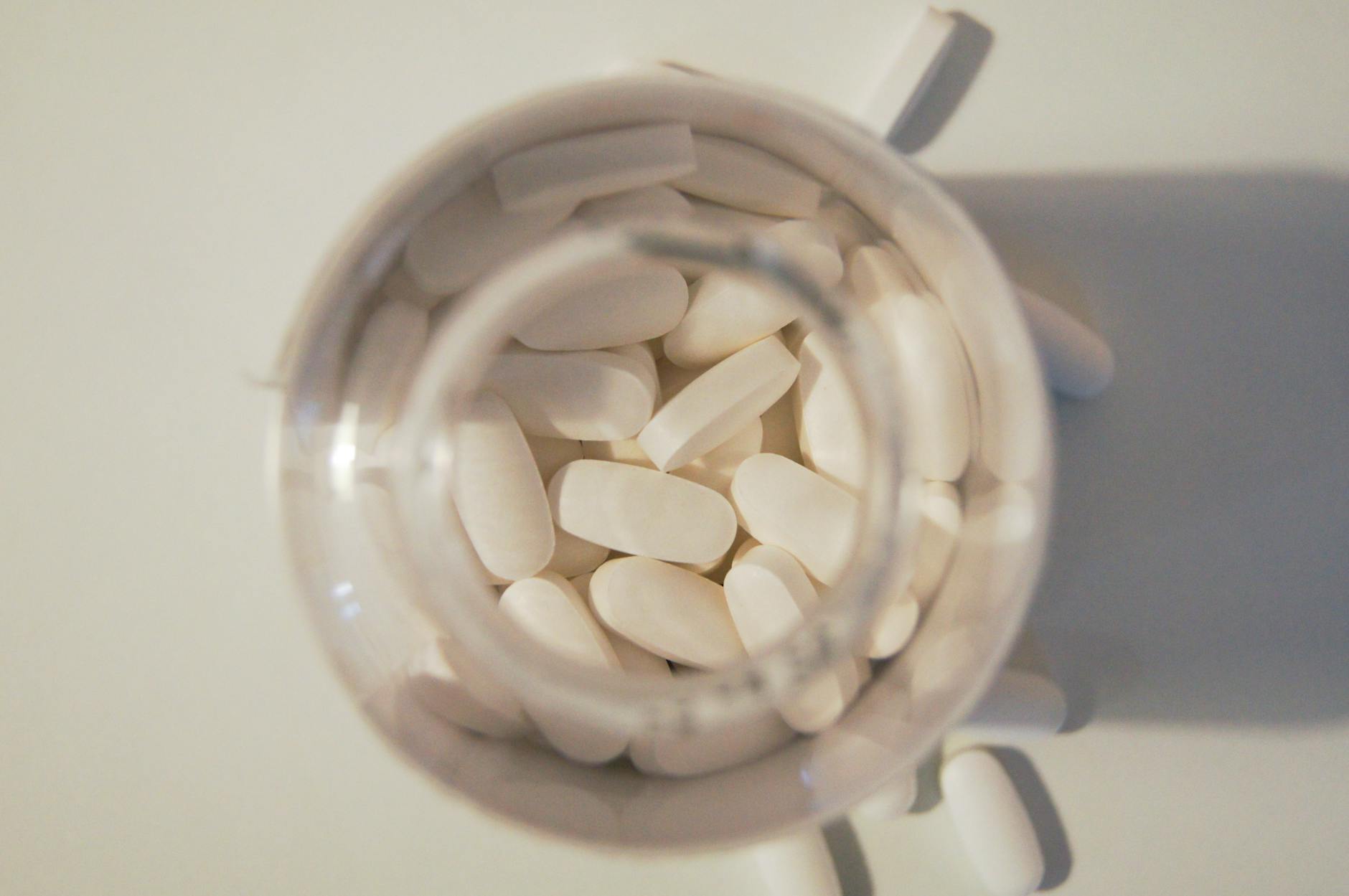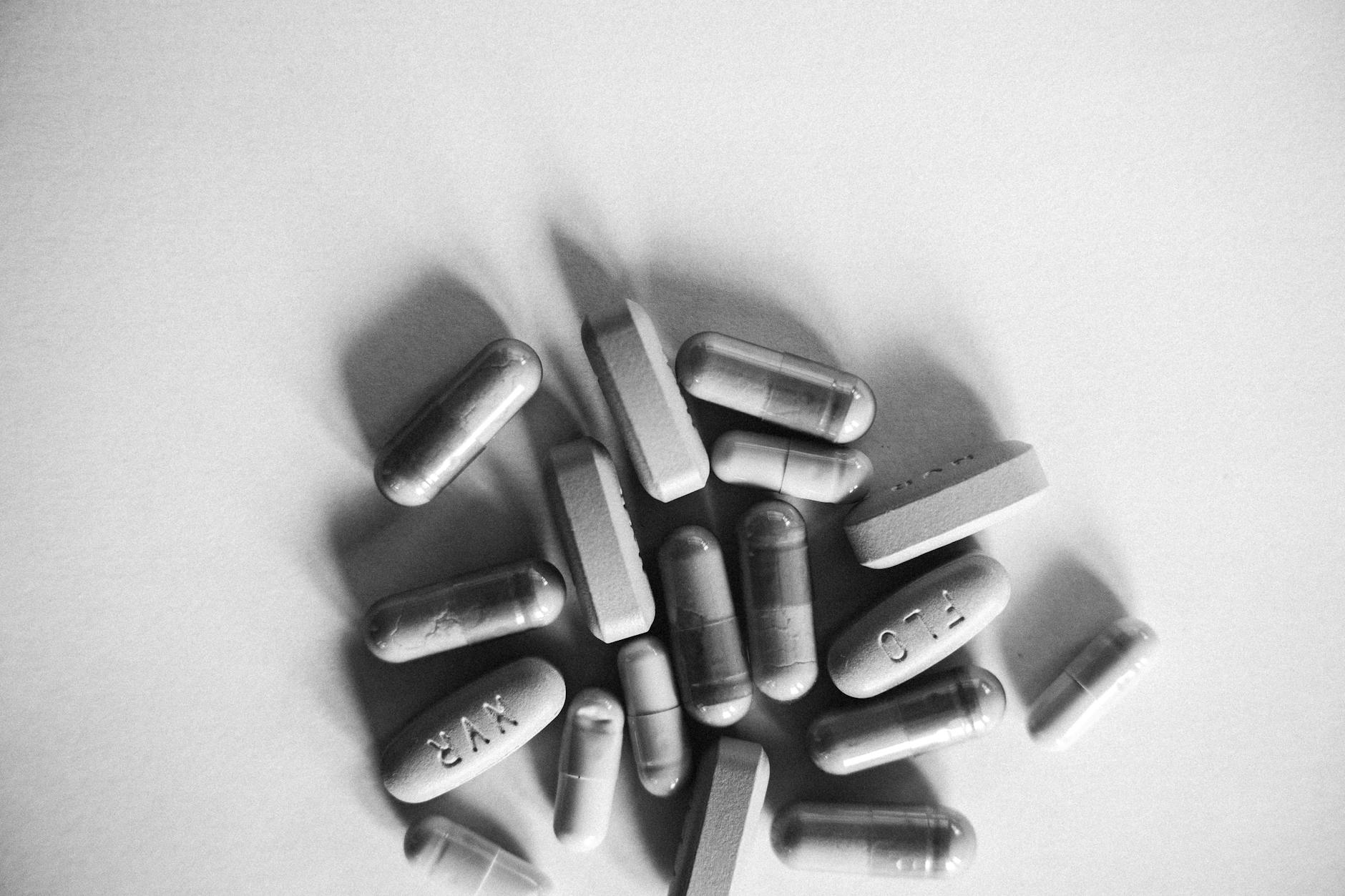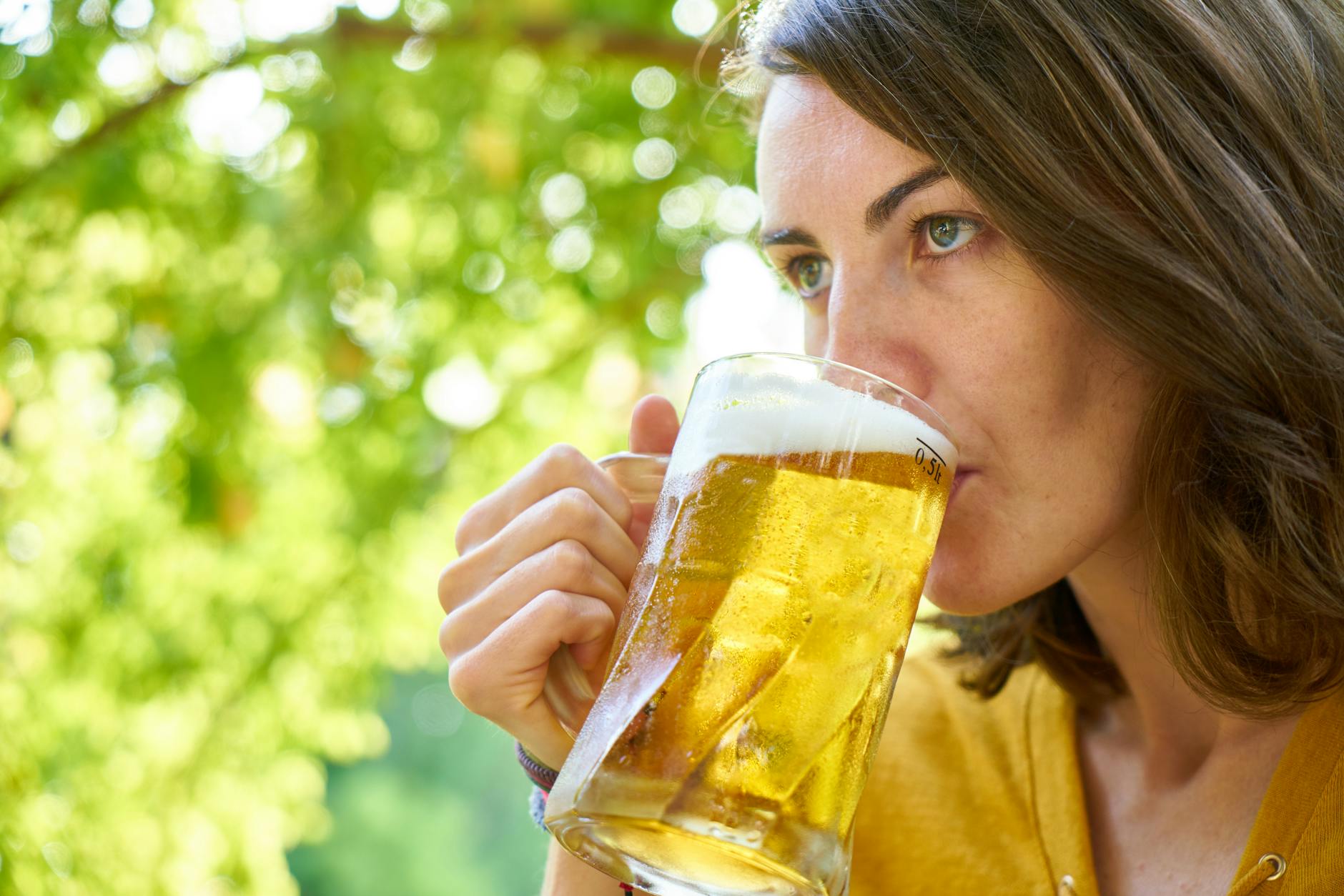Understanding Counseling's Crucial Role
Counseling has emerged as a cornerstone in the field of addiction treatment, playing a pivotal role in supporting individuals on their journey to recovery. From providing essential coping strategies to addressing underlying issues like trauma and mental health disorders, counseling offers an array of benefits that significantly enhance the recovery process. In this article, we delve into various aspects of counseling, exploring its methodologies, benefits, and its integration with other treatment modalities to prevent relapse and promote long-term sobriety.
The Role of Counseling in Addiction Treatment
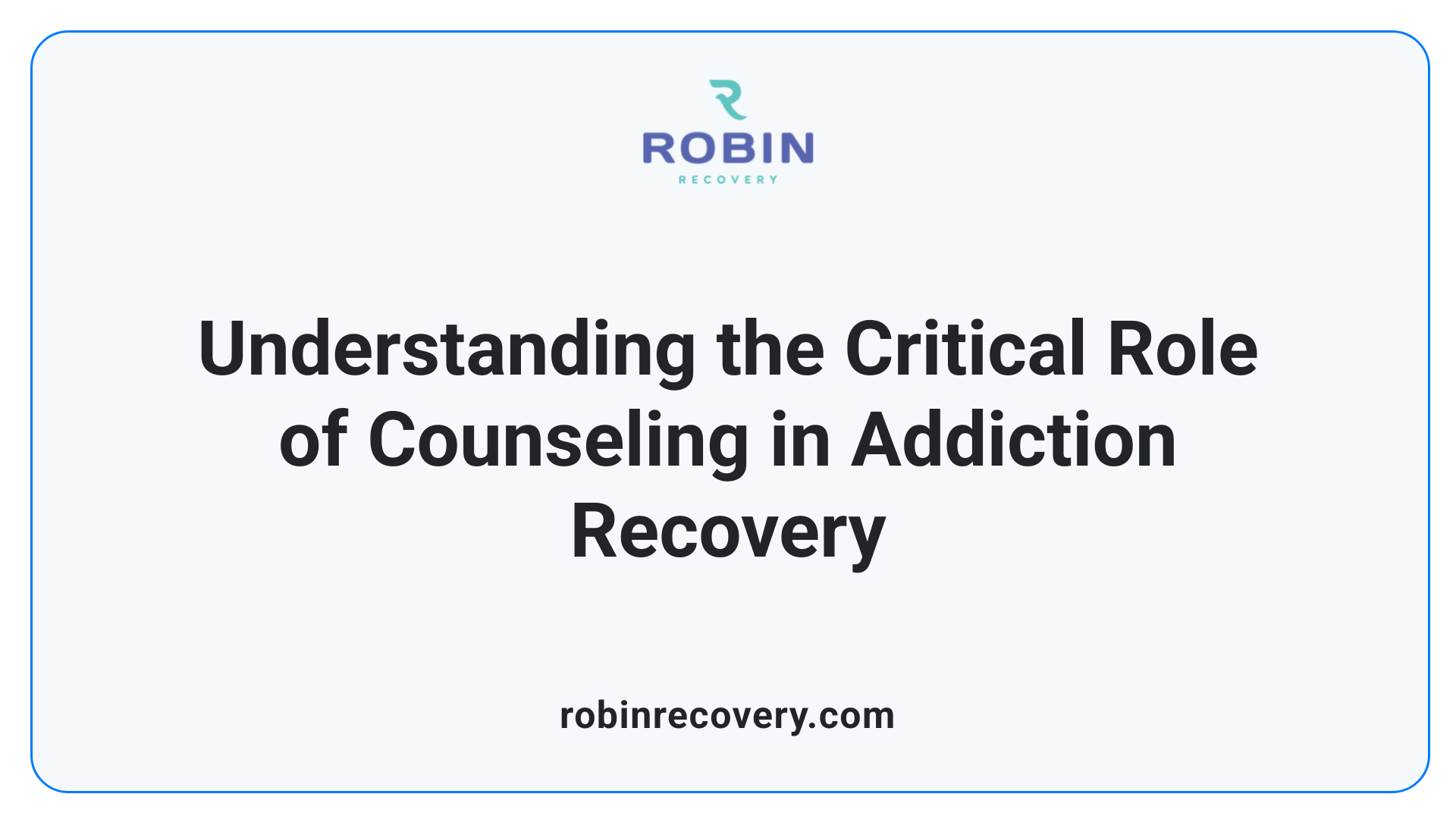
What is the role of counseling in addiction treatment?
Counseling plays a vital role in addiction treatment by providing support, education, and coping strategies tailored to the individual’s needs.
Support and Education: It empowers individuals to address personal challenges and enhance their well-being. Counselors help clients understand addiction from a scientific perspective instead of viewing it as a moral failing, reducing feelings of guilt and shame associated with substance use.
Developing Coping Strategies: Approaches like Cognitive Behavioral Therapy (CBT) and Motivational Interviewing (MI) are instrumental in helping individuals identify triggers for drug use. They learn healthier methods to manage cravings, thus fostering resilience against relapse. Techniques such as mindfulness and creative therapies may also be included to address overall wellness.
Addressing Underlying Issues: Counseling is essential in addressing co-occurring mental health disorders and underlying issues like trauma. By fostering self-awareness and developing coping mechanisms, individuals can work through emotions and rebuild damaged relationships, which contributes to a healthier recovery process.
Conclusion: Early intervention through counseling significantly improves recovery prospects, helping individuals navigate the complexities of addiction while minimizing negative consequences. Overall, the integral nature of counseling in treatment emphasizes its importance in achieving and maintaining long-term sobriety.
The Transformative Benefits of Therapy for Addiction Recovery
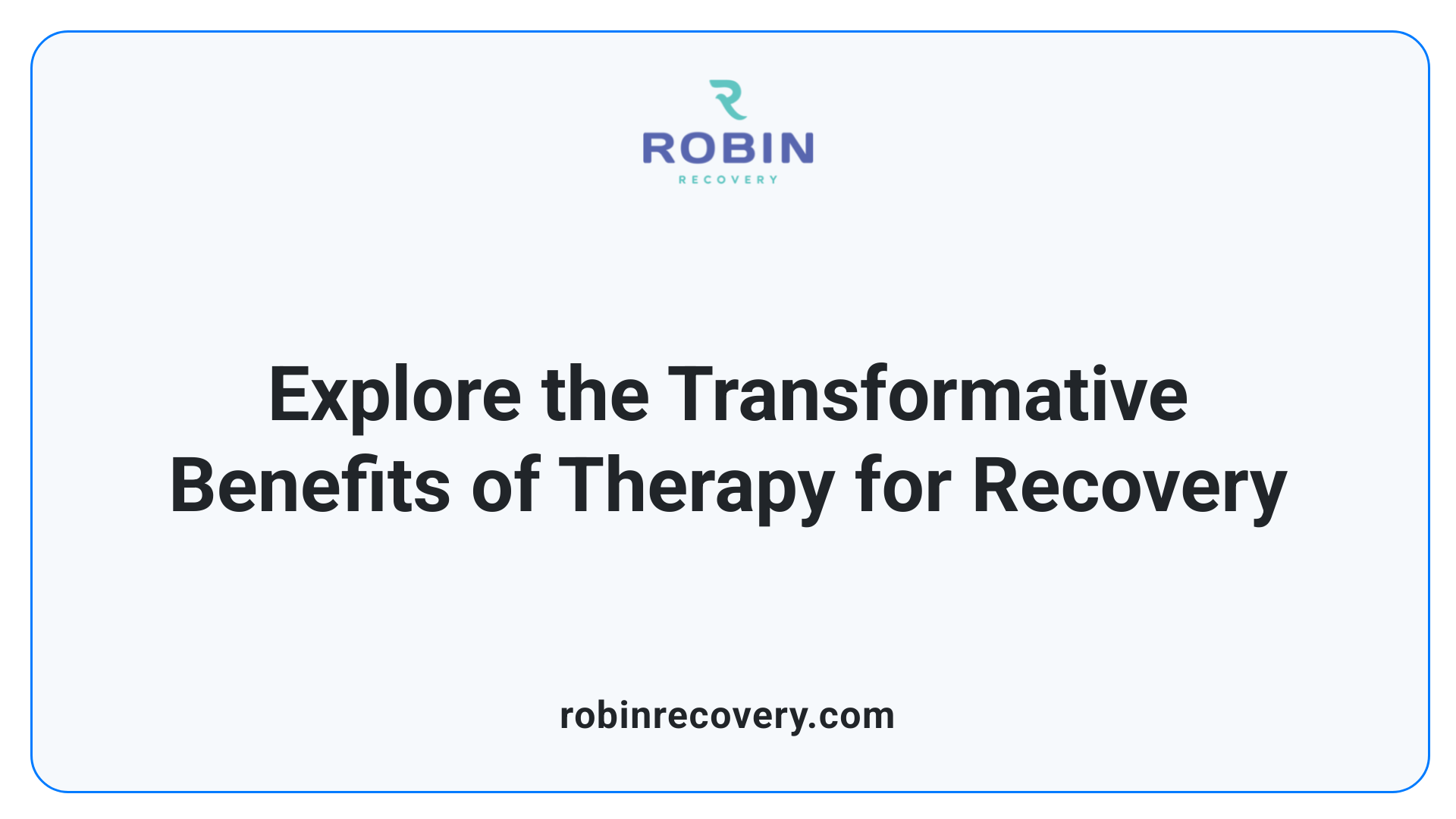
What are the benefits of therapy for drug addiction recovery?
Therapy plays a crucial role in drug addiction recovery, providing numerous transformative benefits that foster healing and personal growth. One of the key elements is talk therapy, which creates a safe environment where individuals can explore their thoughts and feelings related to their addiction without fear of judgment. This supportive space encourages honest self-reflection, helping individuals identify the underlying causes of their substance use, such as emotional trauma or co-occurring mental health disorders.
By pinpointing these triggers, therapy enhances personal insight, making it easier for individuals to comprehend the roots of their addiction. Additionally, therapy equips individuals with essential coping mechanisms to manage cravings and navigate stress effectively.
Through structured guidance, patients learn to recognize negative thought patterns that contribute to their addiction, leading to impactful behavioral changes. This shift promotes accountability and encourages a healthier perspective towards substance use. Moreover, the therapeutic relationship nurtures resilience, enabling individuals to develop personalized relapse prevention strategies, ultimately fostering a stronger commitment to recovery.
In summary, the integration of therapy into addiction recovery enhances emotional support while empowering individuals to understand and confront their addiction, paving the way for lasting change.
Why Counseling is Essential in Addiction Recovery
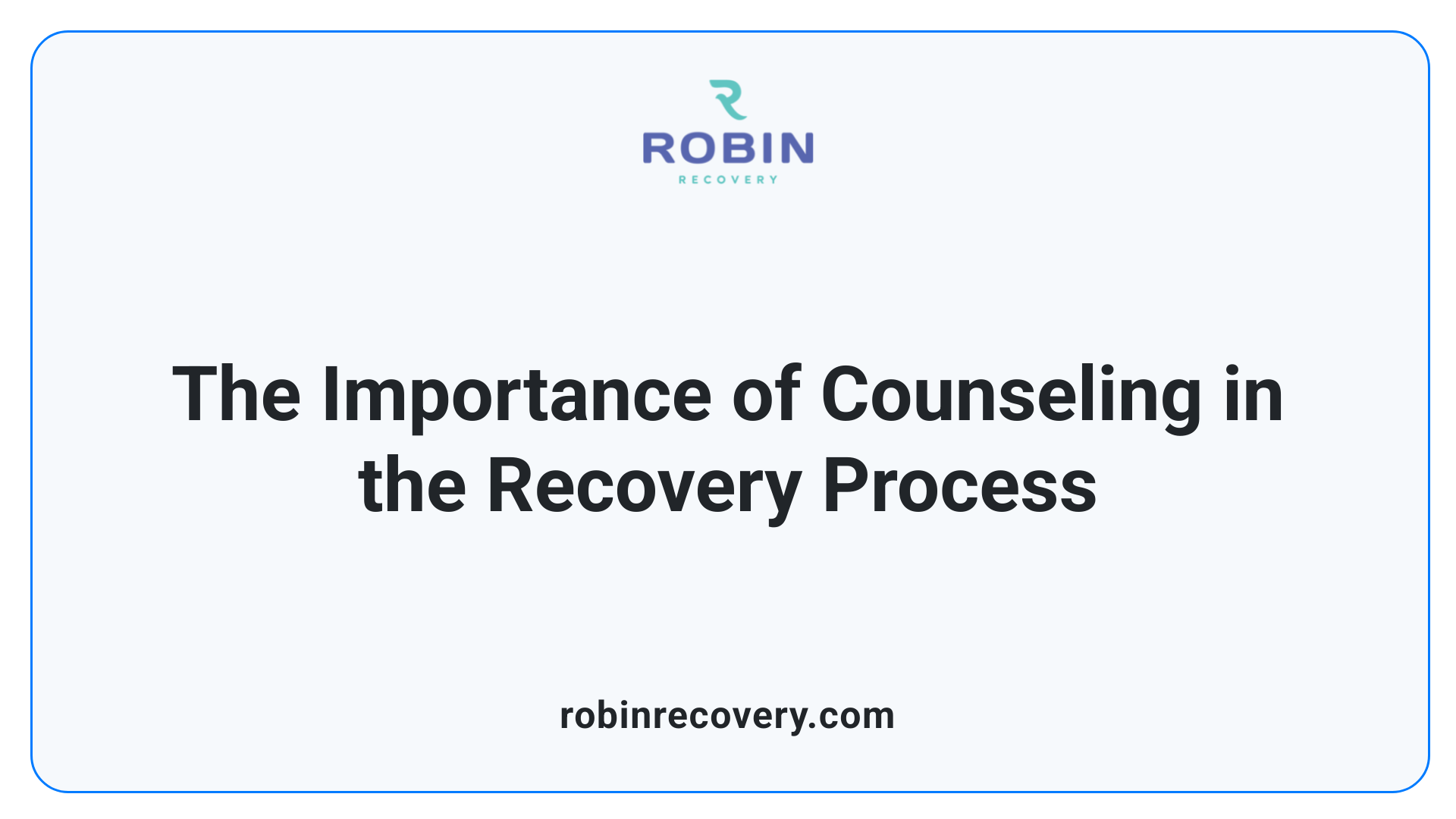
Why is counseling an important part of the addiction recovery process?
Counseling is pivotal in the addiction recovery journey as it creates a structured environment for individuals to confront their addiction. In this safe space, clients can explore the root causes of their substance use, including underlying trauma or mental health disorders. Counselors utilize evidence-based methods such as Cognitive Behavioral Therapy (CBT) and Motivational Interviewing (MI) to help patients identify triggers that lead to cravings, allowing them to develop effective coping mechanisms.
In addition, therapy addresses potential barriers to seeking help, such as stigma or fear of judgment. By fostering open communication and a sense of community, counseling reduces feelings of isolation and encourages individuals to share experiences with peers who face similar challenges. This collective support can significantly enhance motivation and accountability in pursuit of sobriety.
Through group and individual counseling, clients not only build coping strategies for managing stress and cravings but also establish a reliable support system vital for long-term recovery. Thus, counseling enriches addiction treatment by helping individuals reclaim control over their lives and develop resilience against relapse.
Cognitive Behavioral Therapy and Other Counseling Techniques
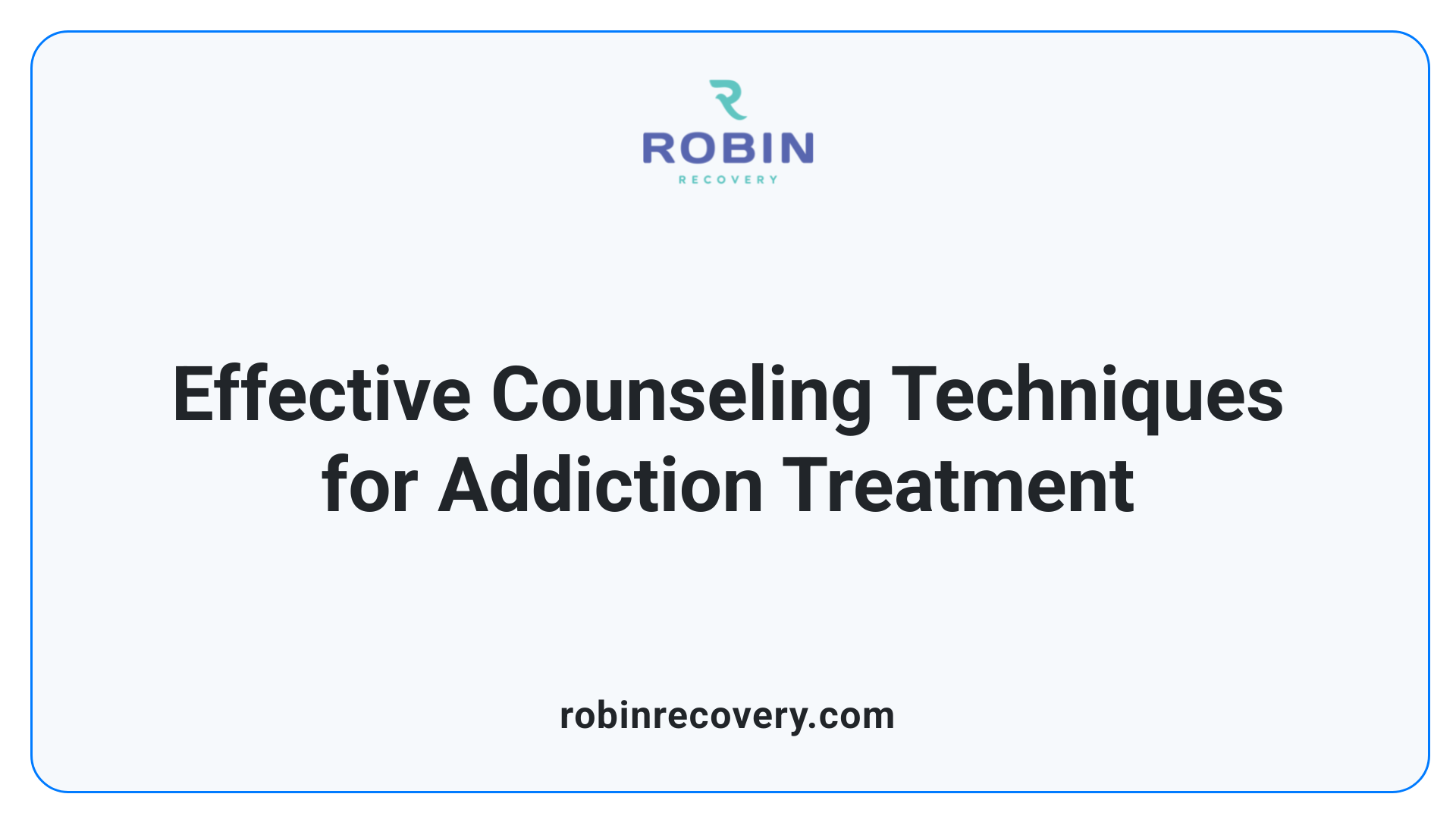
What is Cognitive Behavioral Therapy (CBT)?
Cognitive Behavioral Therapy (CBT) is a pivotal counseling technique in addiction treatment. It focuses on identifying and restructuring negative thought patterns that contribute to substance use. By helping individuals recognize triggers for cravings, CBT equips them with practical coping strategies to manage these urges effectively. This approach not only aids in preventing relapse but also cultivates healthier thought processes over time.
How does Motivational Interviewing (MI) Work?
Motivational Interviewing (MI) complements CBT by fostering partnerships between counselors and clients. It seeks to enhance motivation for change, guiding individuals through ambivalence towards their recovery journey. MI encourages self-exploration and helps clients articulate their reasons for wanting to overcome addiction, which can significantly increase their commitment to treatment.
What Role Does Dialectical Behavior Therapy (DBT) Play?
Dialectical Behavior Therapy (DBT) combines principles of acceptance and change, addressing emotional dysregulation often found in those struggling with addiction. It teaches skills related to mindfulness, distress tolerance, and interpersonal effectiveness. By fostering emotional stability, DBT prepares individuals to navigate stressful situations without resorting to substance use, thus supporting sustained recovery.
Overview of Counseling Techniques Used in Addiction Treatment
| Therapy Type | Key Focus | Benefits |
|---|---|---|
| Cognitive Behavioral Therapy | Restructuring negative thoughts | Prevents relapse |
| Motivational Interviewing | Enhancing motivation for change | Increases commitment to recovery |
| Dialectical Behavior Therapy | Balancing acceptance and change | Builds emotional stability |
These counseling techniques are integral to addiction recovery, offering diverse approaches tailored to individual needs.
Counseling's Role in Relapse Prevention
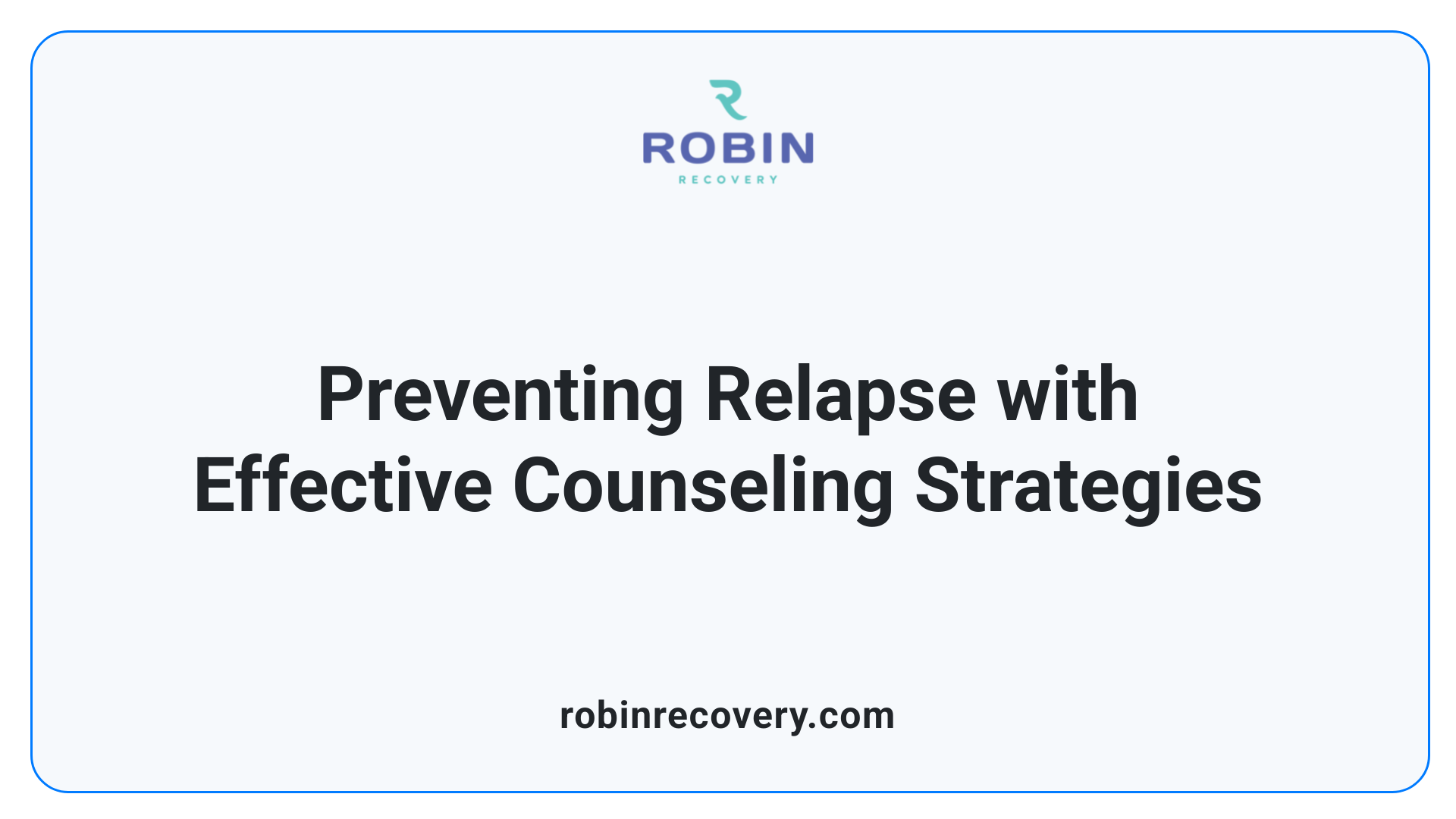
Identifying Warning Signs
Counseling helps individuals become attuned to their personal triggers and stressors that may lead to substance use. Through sessions, clients learn to spot early warning signs, such as cravings or emotional distress, that could jeopardize their recovery. This heightened self-awareness is an essential step in maintaining sobriety.
Developing Coping Strategies
In counseling, clients are equipped with effective coping strategies tailored to their unique challenges. Techniques such as Cognitive Behavioral Therapy (CBT) allow individuals to reframe negative thoughts and develop healthier behaviors. Learning to manage stress without resorting to substance use is a crucial part of the therapeutic journey, empowering clients with lifelong skills.
Building Support Systems
Counseling fosters the creation of supportive relationships that are vital for recovery. Engaging in group therapy or family sessions enhances interpersonal connections, providing a network of support. This collaboration reduces feelings of isolation and builds accountability, making it easier for individuals to navigate their recovery journey.
| Counseling Focus | Description | Benefits |
|---|---|---|
| Warning Signs | Identifying triggers and emotional distress | Increased self-awareness and proactive responses |
| Coping Strategies | Teaching alternatives to substance use | Empowerment through effective stress management |
| Support Systems | Engaging in group and family therapy | Enhanced accountability and connection |
Integrating Counseling with Other Treatment Modalities
Medication-Assisted Treatment (MAT)
Counseling plays a vital role in conjunction with medication-assisted treatment (MAT) for substance use disorders. While MAT provides the necessary biochemistry to reduce cravings and withdrawal symptoms, counseling addresses the psychological components of addiction. Together, they offer a comprehensive approach, where counseling helps individuals understand their relationship with substances and develop coping strategies to manage triggers, enhancing the effectiveness of MAT.
Holistic Approaches
Incorporating holistic approaches into counseling can significantly enhance recovery outcomes. Techniques like mindfulness, yoga, and creative therapies address the mind, body, and spirit, promoting overall wellness. These approaches foster self-awareness and resilience, helping individuals connect with their emotions and experiences in a safe space. Integrating these practices with traditional counseling allows for deeper healing and supports individuals on their recovery journey.
Family Therapy
Family therapy is integral in addressing the impact of addiction on family dynamics. It helps rebuild trust and communication, which can be vital for long-term recovery. By involving family members, counseling facilitates understanding and healing within the family unit, ensuring a supportive home environment. Research shows that family therapy can lower relapse rates, emphasizing its essential role in holistic addiction treatment strategies.
| Treatment Modality | Role in Recovery | Key Benefits |
|---|---|---|
| Medication-Assisted Treatment (MAT) | Reduces cravings and withdrawal through medication | Enhances recovery when combined with counseling |
| Holistic Approaches | Addresses overall wellness through mind-body practices | Promotes deep healing and emotional connection |
| Family Therapy | Rebuilds family dynamics affected by addiction | Lowers relapse rates and fosters a supportive network |
The integration of counseling with these treatment modalities creates a powerful synergistic effect, maximizing the potential for successful recovery.
The Therapeutic Relationship: Foundation of Effective Counseling
Building trust and empathy
A solid therapeutic relationship between individuals and their counselors is paramount in addiction treatment. Trust fosters an environment where clients feel safe to discuss sensitive topics without judgment. This safety is critical, as addressing deeply rooted issues such as trauma or insecurities is often essential for recovery. Counselors utilize empathy to validate feelings, making individuals feel understood and supported.
Facilitating personal growth
When trust and understanding are present, clients can more effectively explore their personal challenges. This dynamic allows counselors to guide individuals in acknowledging their addiction’s roots, enhancing self-awareness about behaviors that contribute to substance use. Consequently, clients can develop healthier coping strategies. The safe space created also encourages honest conversations about thoughts and emotions that can impede recovery.
Establishing a supportive environment
A supportive environment is crucial for long-term recovery. Counselors help clients navigate their emotions and family dynamics affected by addiction. This support also extends to assisting clients in building interpersonal relationships that contribute to a strengthened recovery framework. Ultimately, the therapeutic relationship serves not only as a catalyst for change but also as one of the most significant factors for sustained sobriety.
Guiding Individuals and Families Through Addiction Recovery
Providing Education and Resources
Counseling is pivotal in educating individuals about addiction and recovery processes. It guides individuals through understanding the nature of their addiction, the triggers involved, and the strategies to combat cravings. Those engaged in counseling learn to recognize negative thoughts and behaviors that contribute to their substance use, empowering them to adopt healthier perspectives.
Counselors provide vital resources, which may include materials on addiction, access to support groups, and referrals to additional therapy options. This comprehensive approach equips individuals with tools to manage their recovery more effectively.
Addressing Family Dynamics
Addiction often impacts entire family systems, making family counseling a crucial component of recovery. Family therapy sessions foster open communication, helping to heal broken trust and emotional wounds. This collaborative environment allows family members to understand addiction better, promoting empathy and support during the recovery process.
By involving loved ones in treatment, individuals can establish stronger support systems, which ultimately leads to improved recovery outcomes.
Support Systems for Long-term Recovery
Creating a robust support system is essential for sustaining recovery. Counseling encourages individuals to develop connections within their communities, whether through peer support groups or therapy sessions. These interactions provide a sense of belonging and motivation, encouraging accountability when facing challenges.
Ongoing counseling and structured aftercare support facilitate long-term recovery by helping individuals manage stressors and social triggers associated with their addiction. Overall, counseling not only aids in individual healing but also strengthens family connections, paving the way for a more successful recovery journey.
Embracing Counseling for a Sustainable Recovery
Counseling is an indispensable part of the addiction recovery process, providing the foundation for effective treatment and long-lasting sobriety. Through a combination of personalized therapy approaches, professional guidance, and supportive environments, individuals can address the complex nature of addiction, manage their triggers, and build a healthier future. As the field of addiction treatment continues to evolve, counseling remains at the forefront, offering hope and healing to those on the path to recovery.
References
- Five Big Benefits of Counseling in Drug Addiction - Hanley Center
- What is the role of therapy and counseling in addiction treatment?
- The Importance of Counseling in Addiction Recovery - 12 Keys Rehab
- The Importance of Counseling in Treating Addiction
- The Role of Therapy in Addiction Recovery
- Addiction Counseling: Everything You Need to Know
- Why Counseling is Important for Drug Rehab - Avenues Recovery
- Counseling and Substance Use Disorders
- The importance of therapy during addiction recovery - News
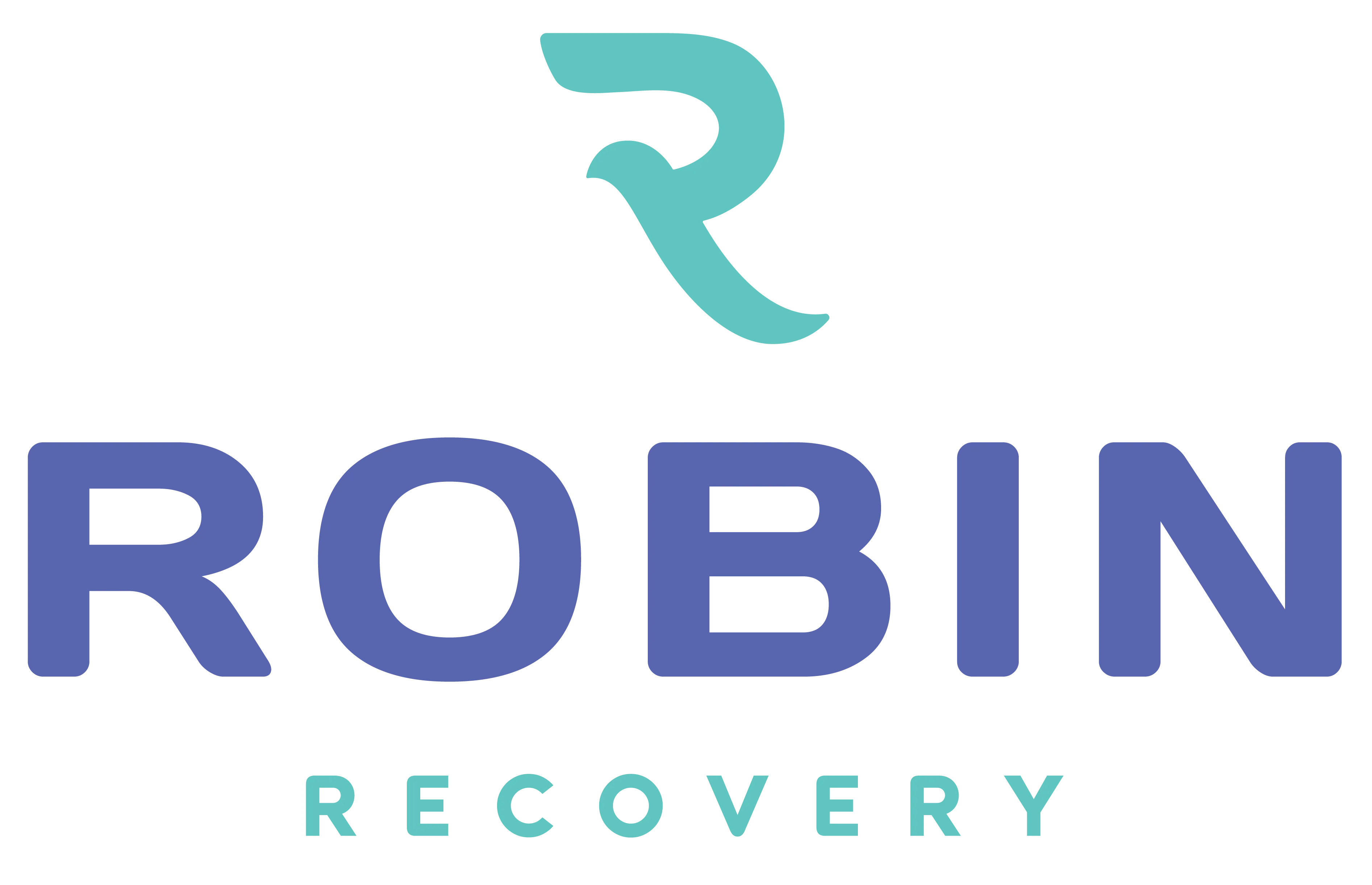
.svg)

.svg)

.svg)
.svg)

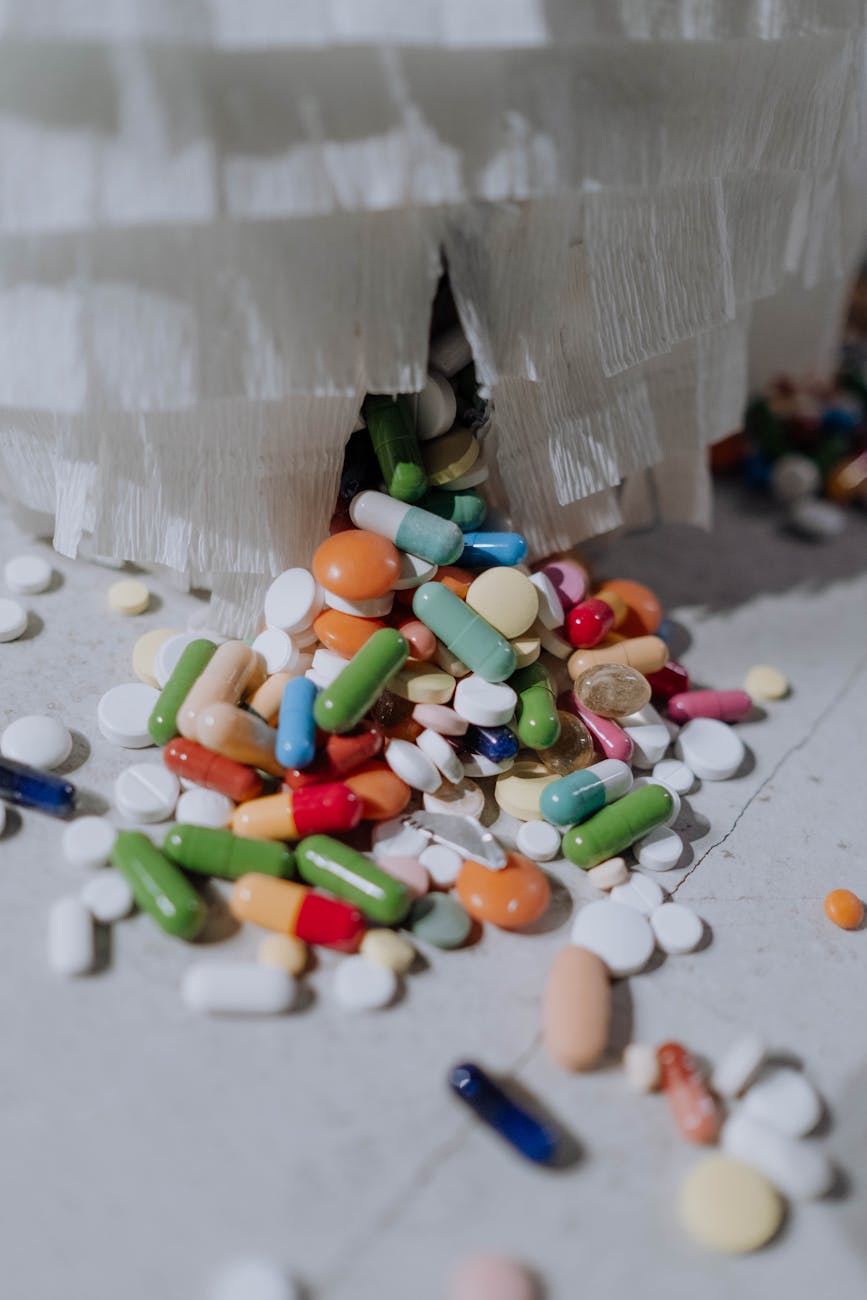
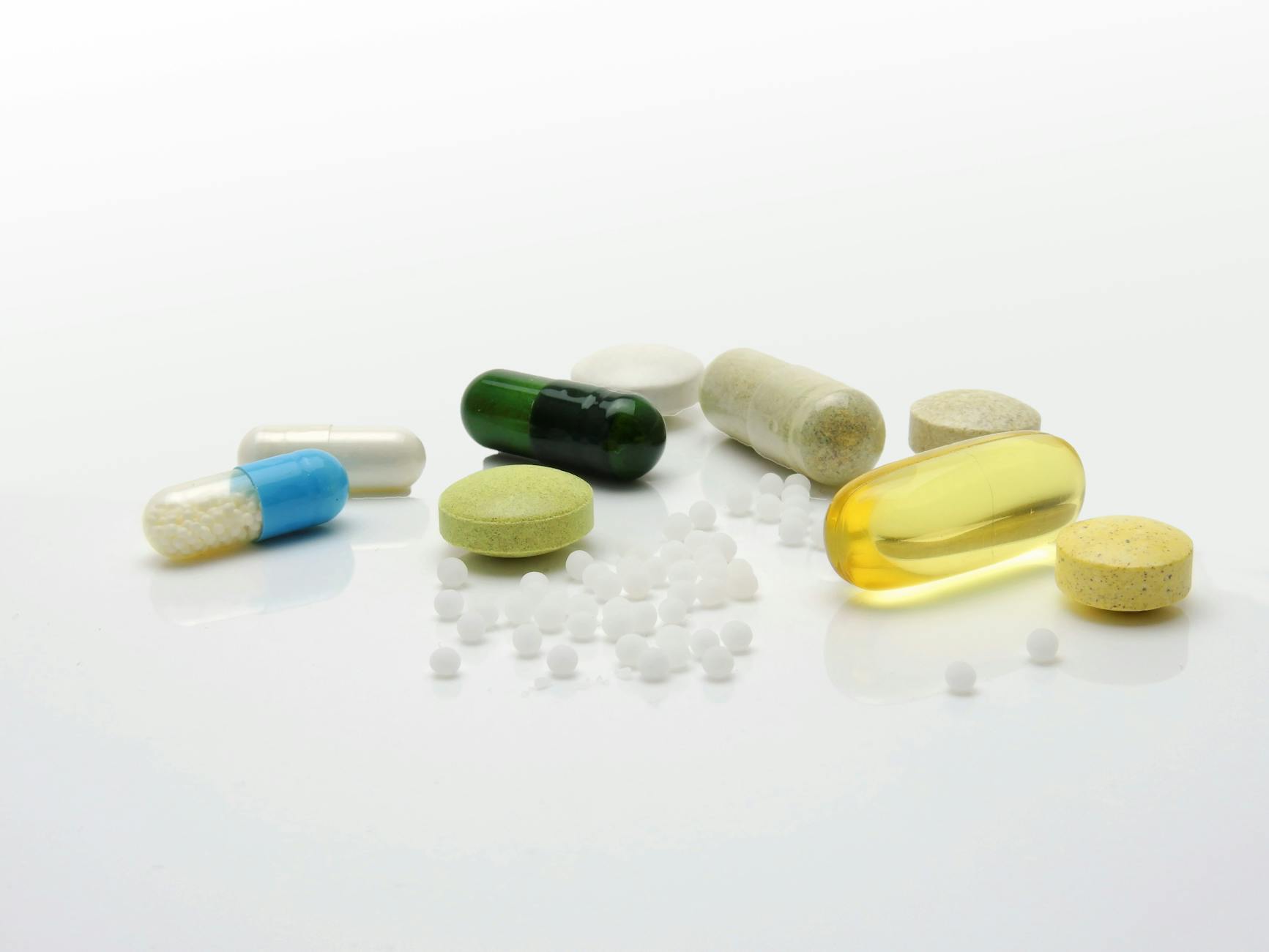

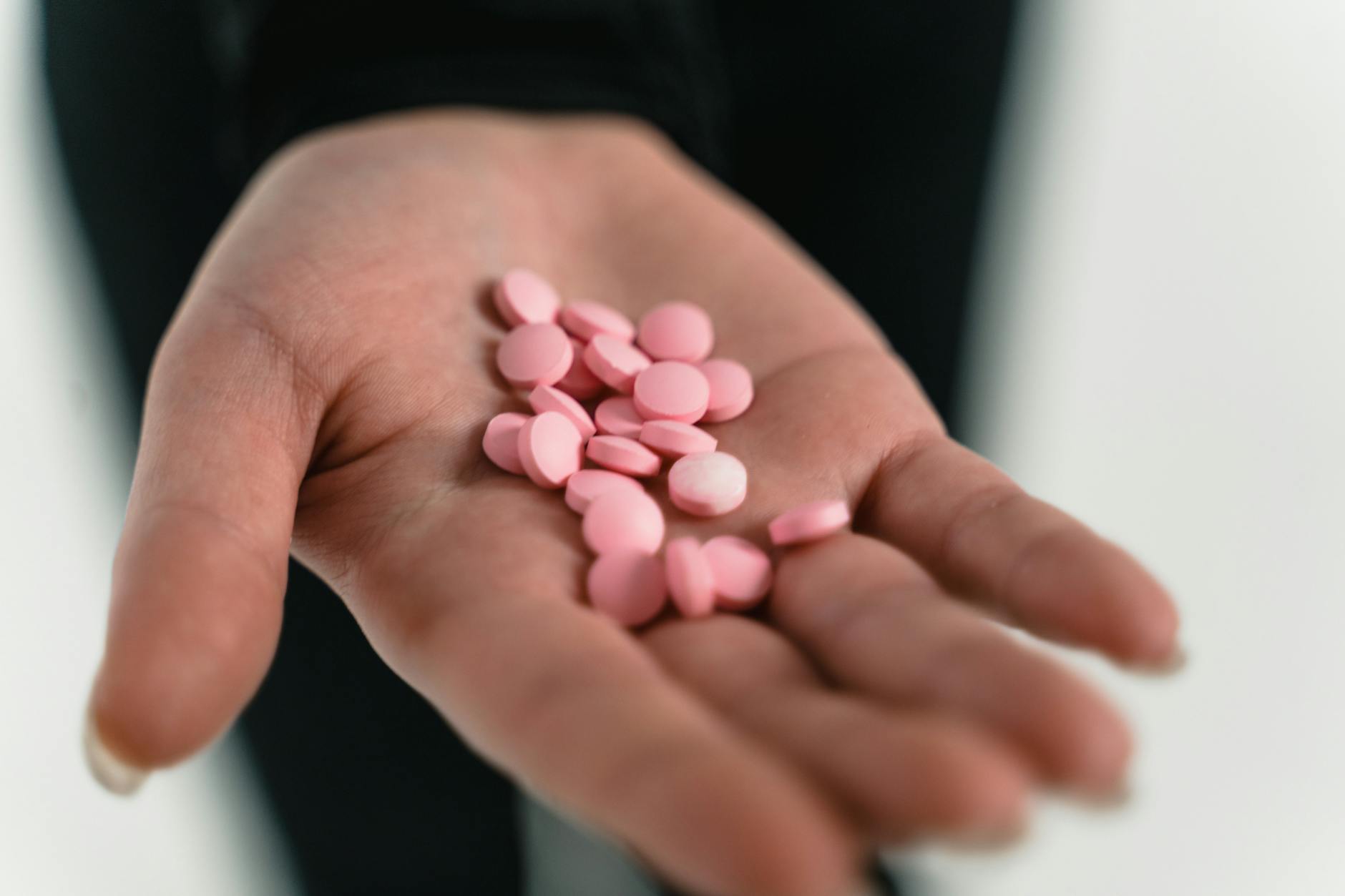

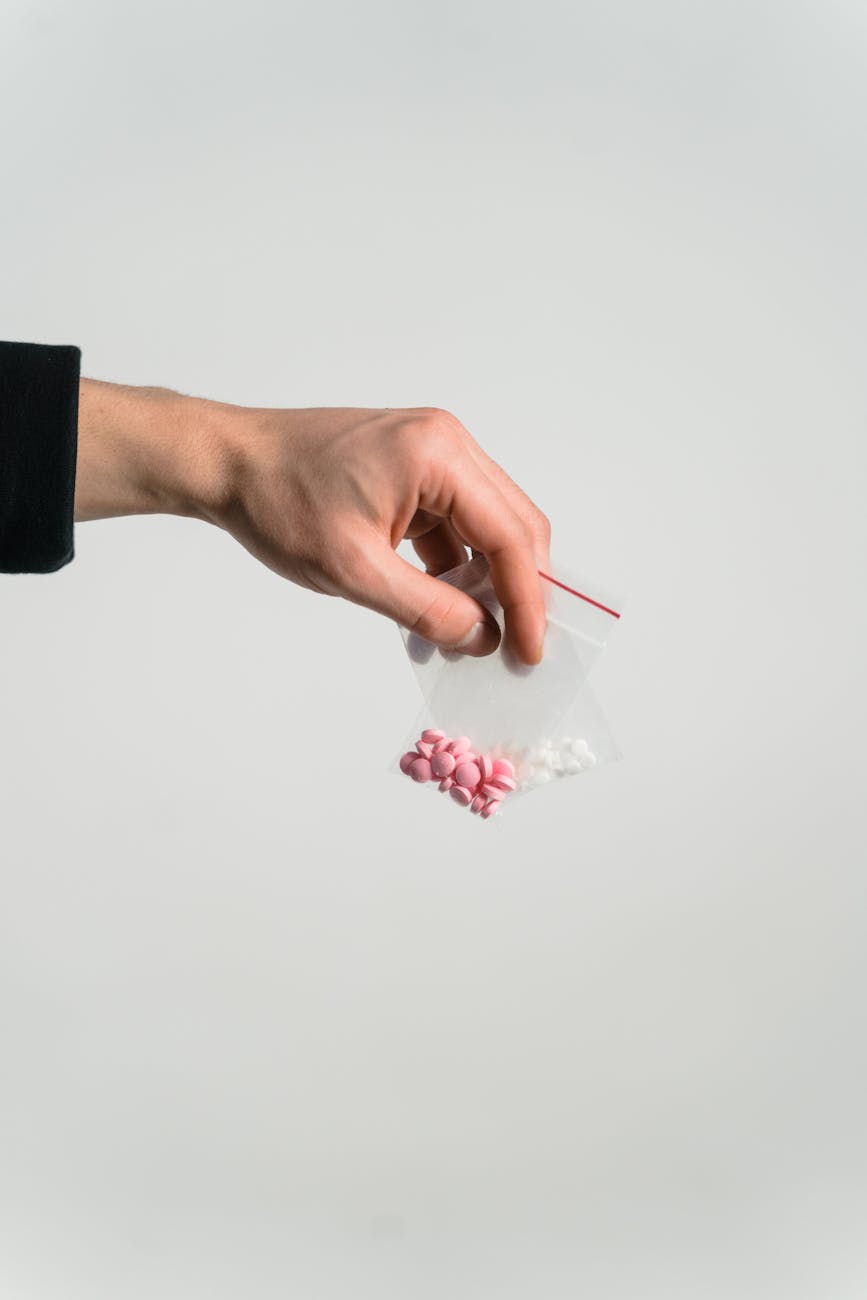



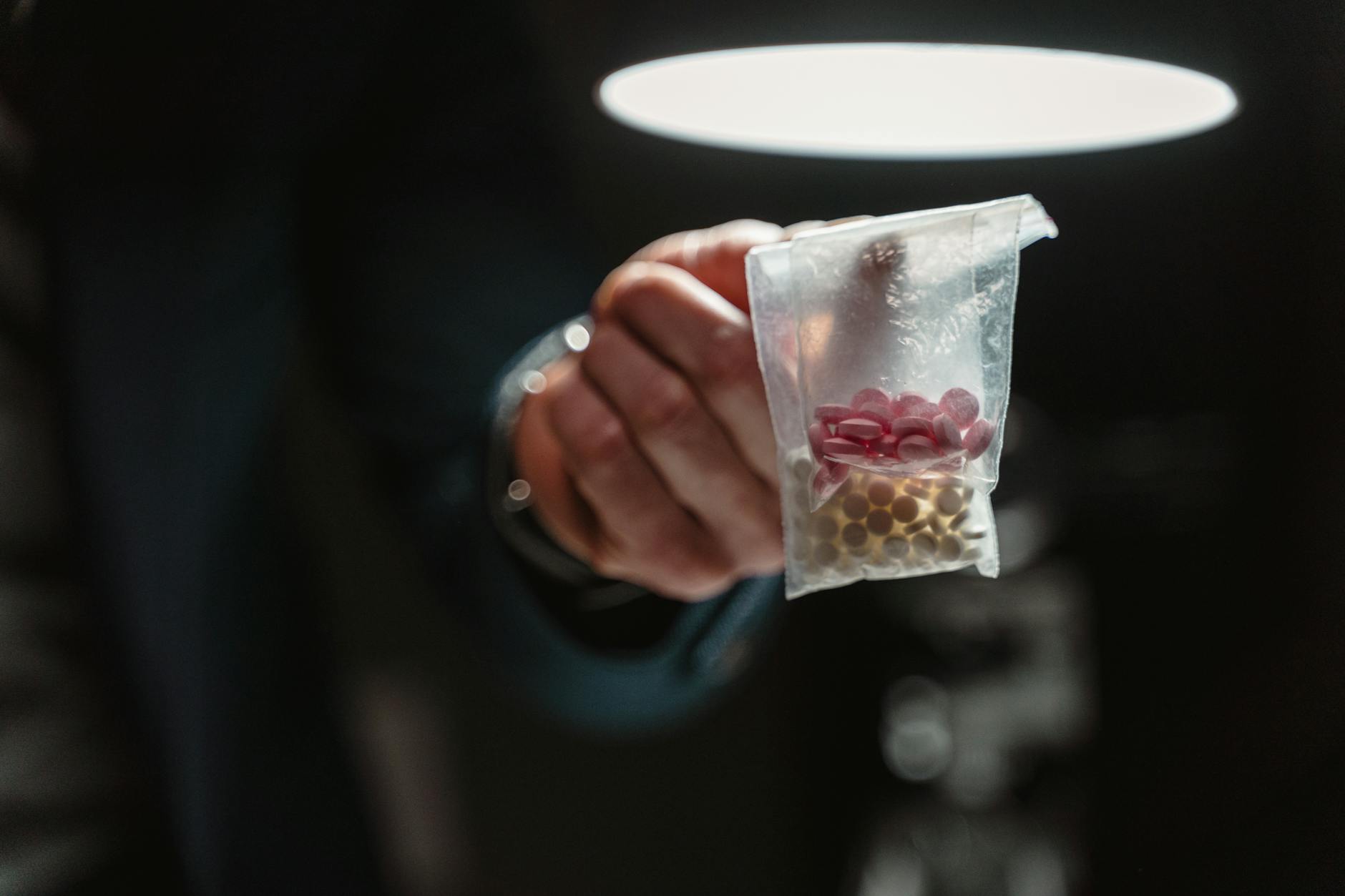



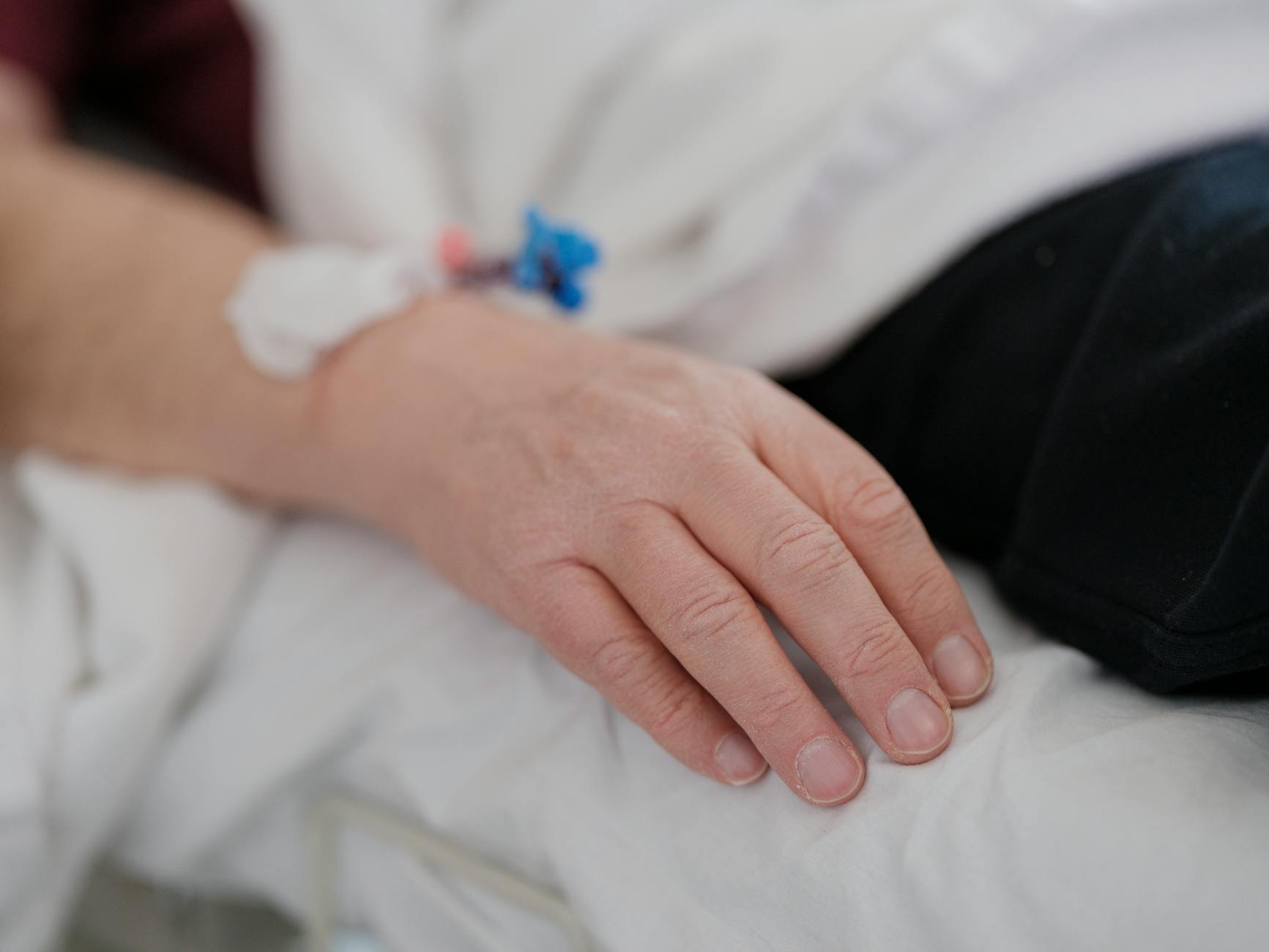
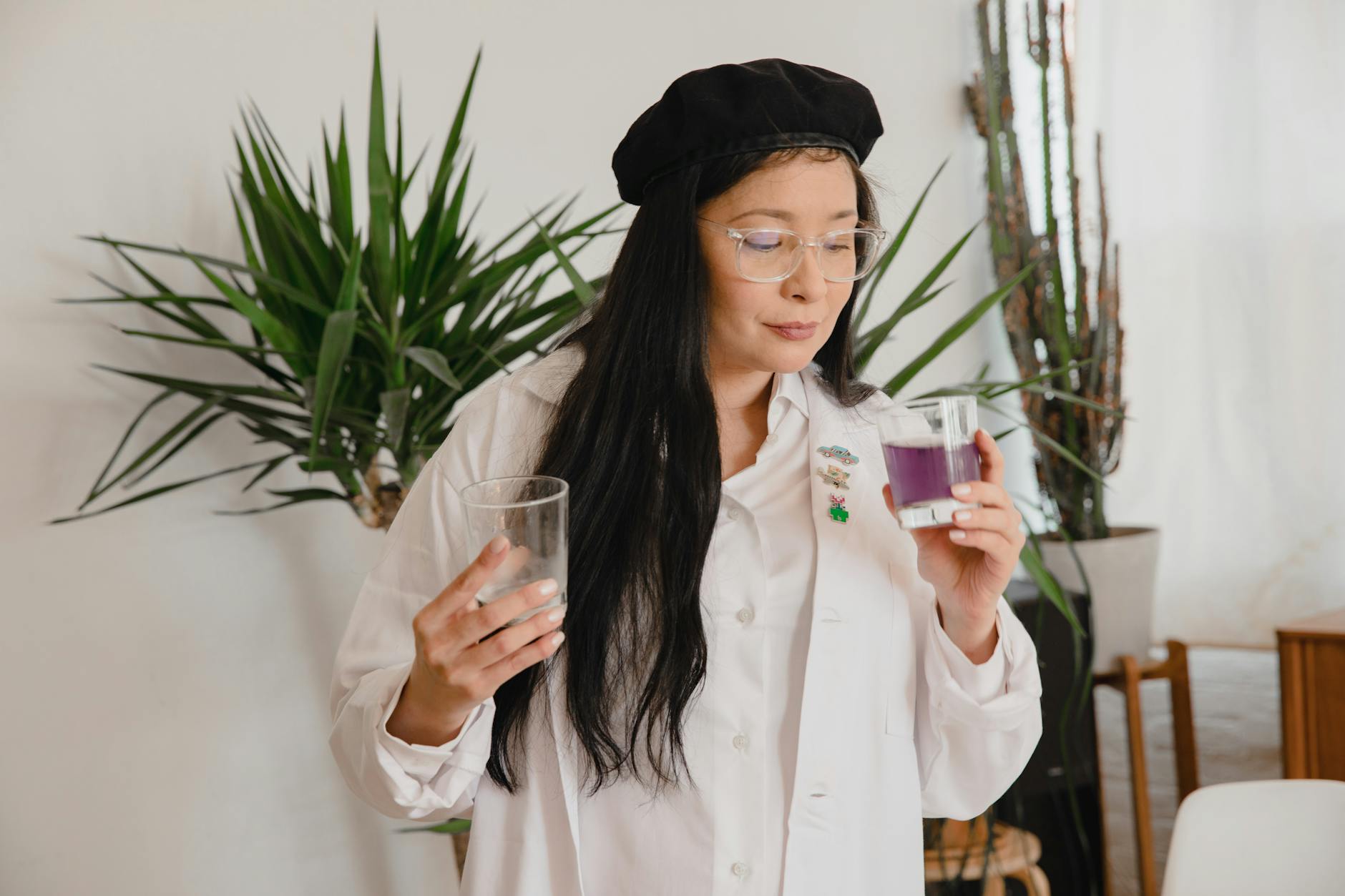






.jpeg)


